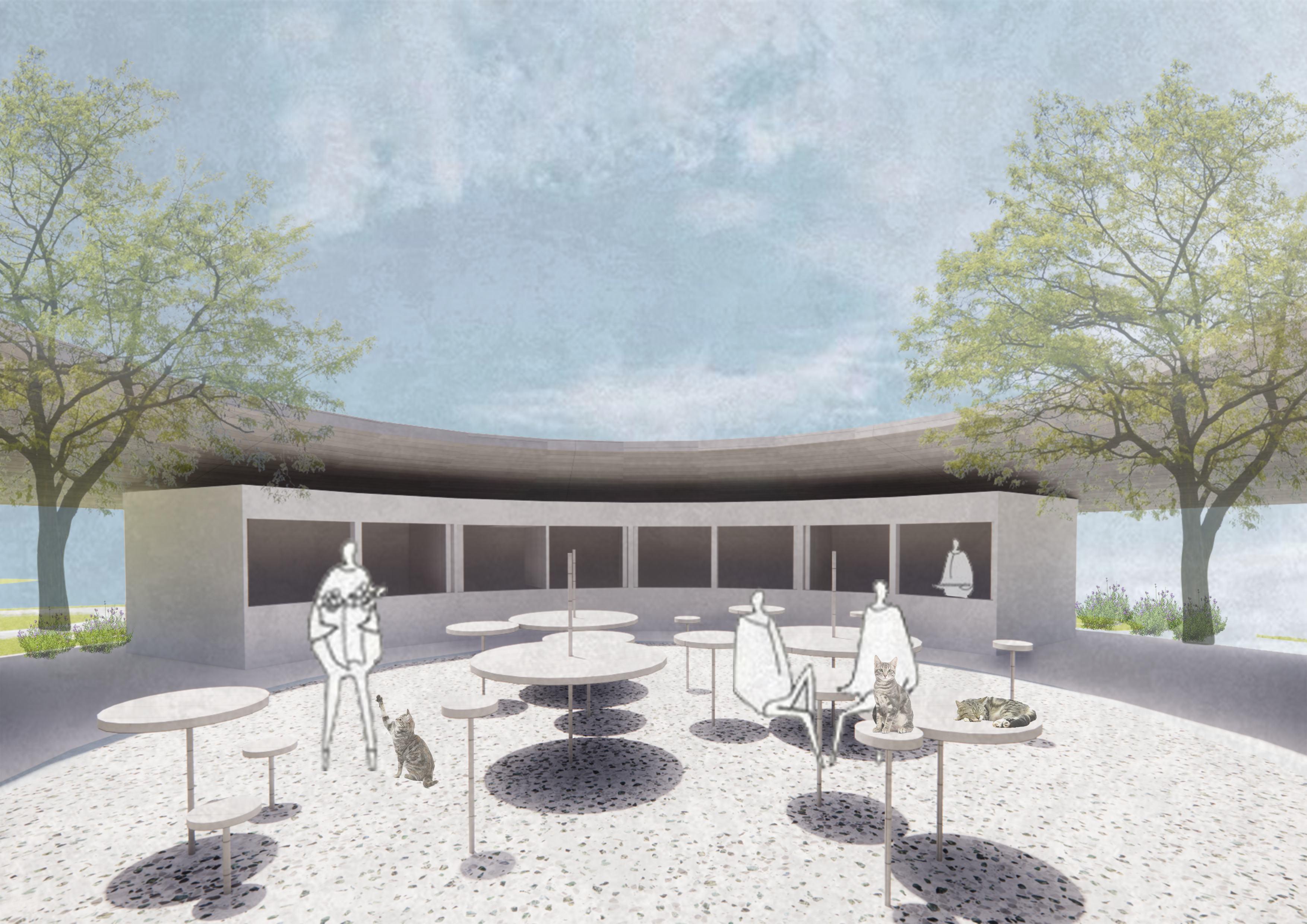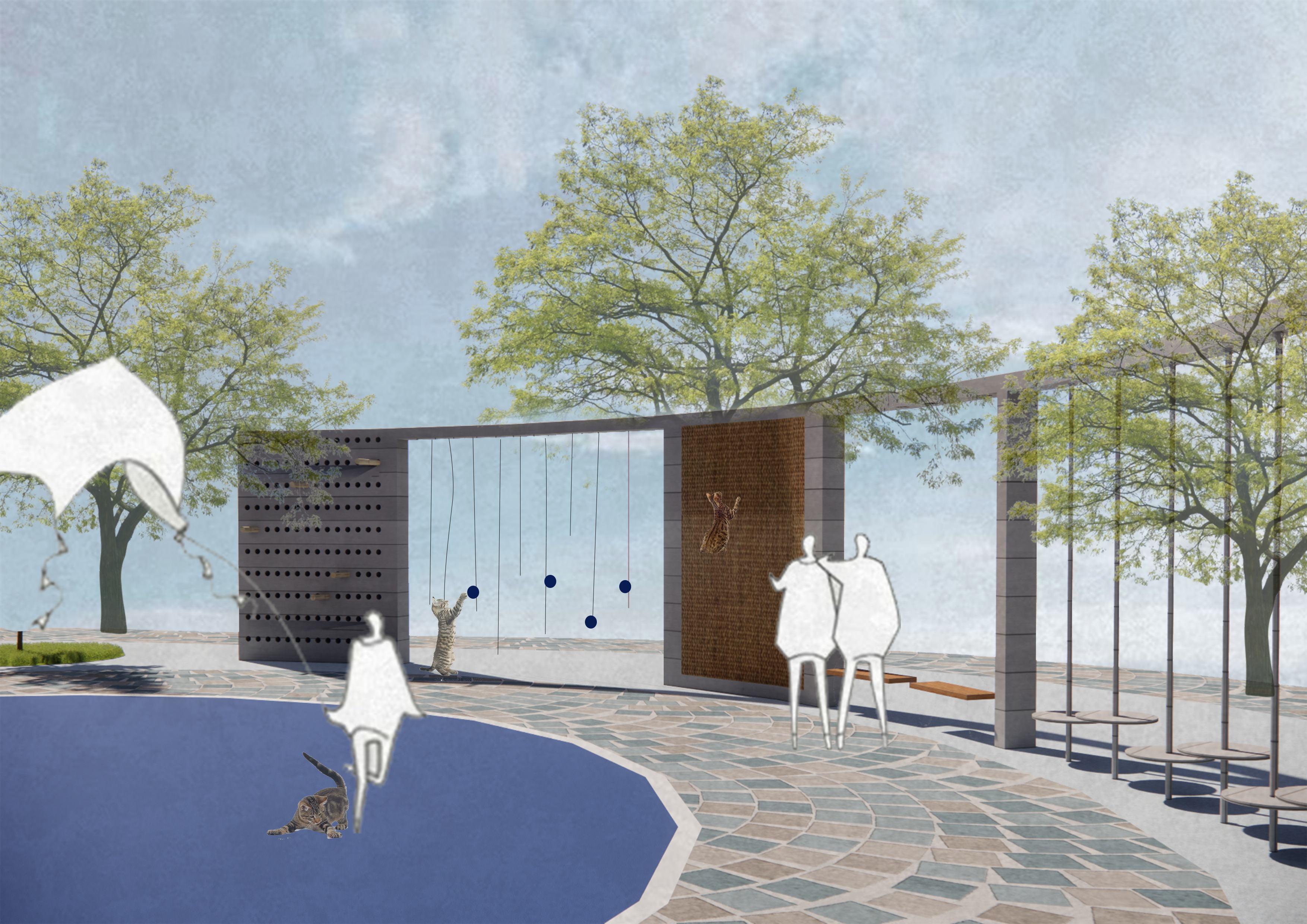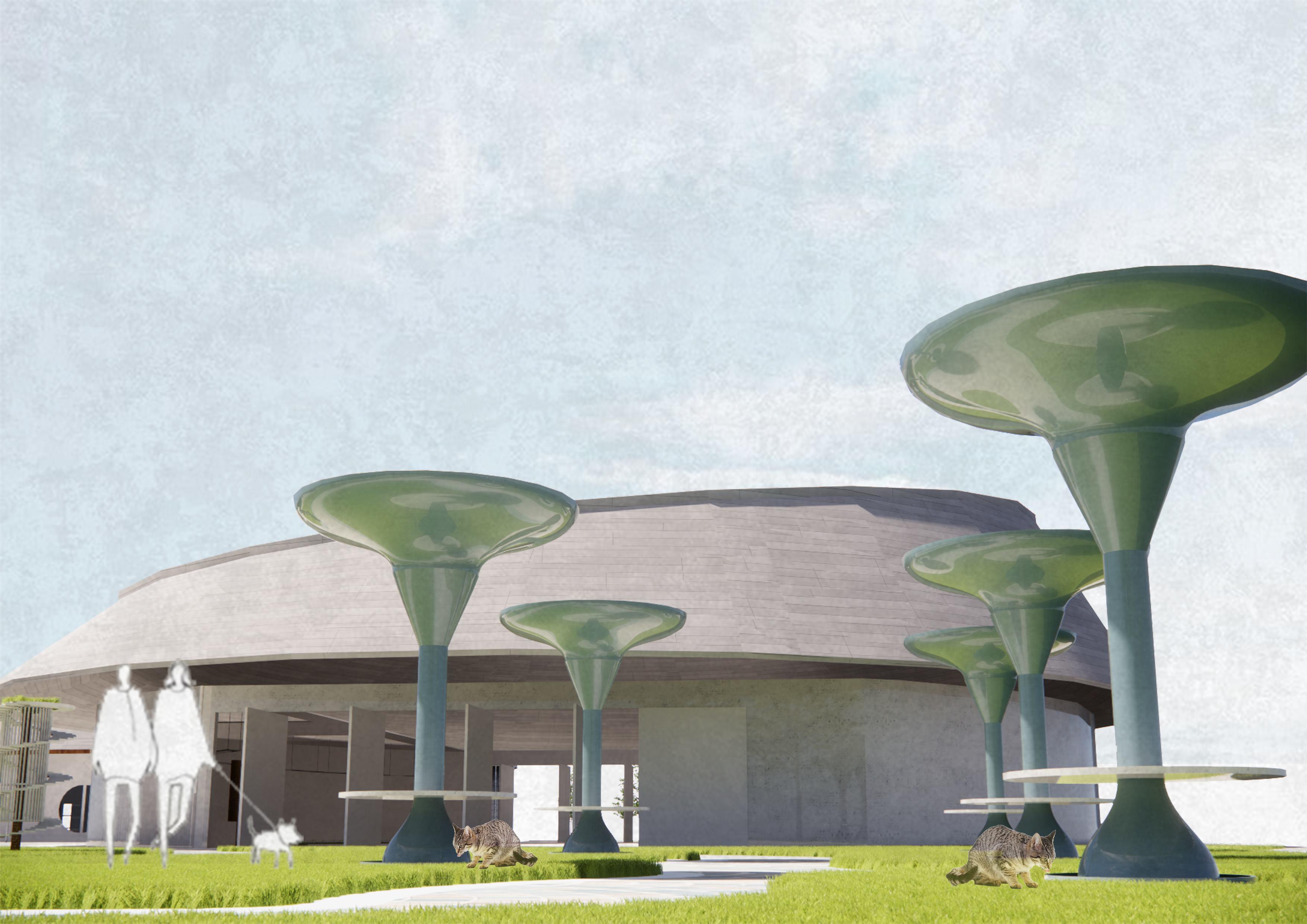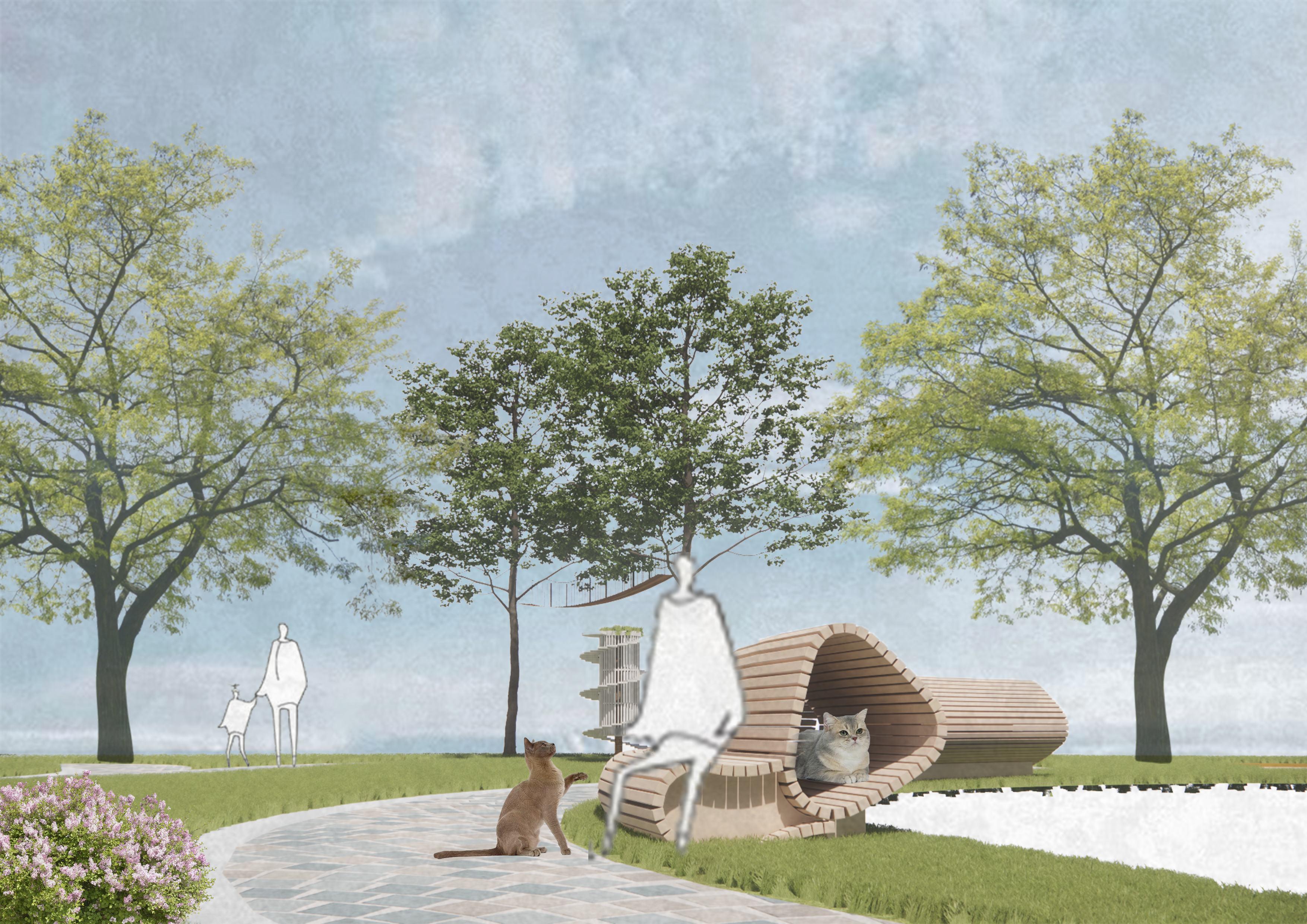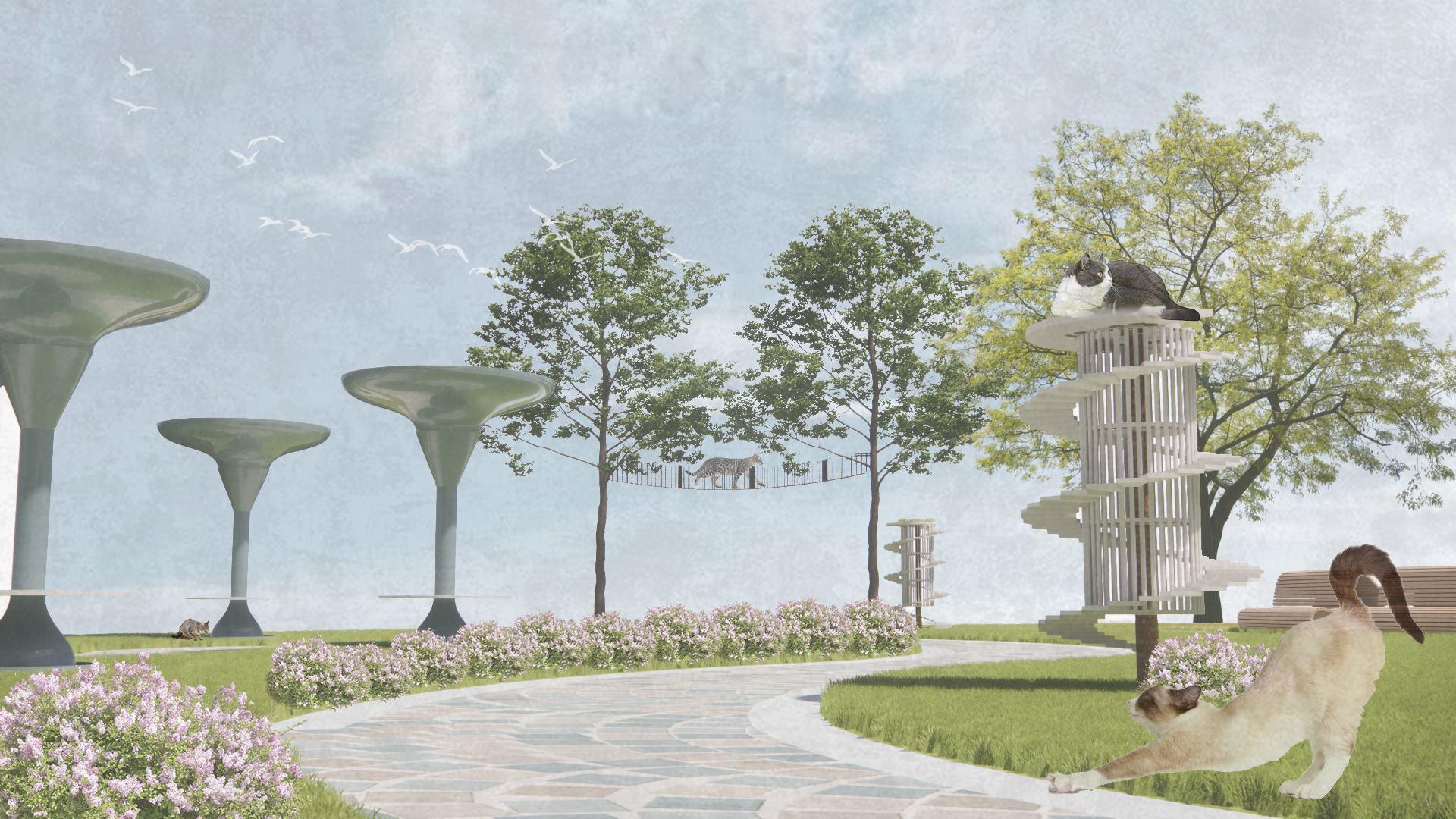

Table of Content
Introduction
Community B sed Architectur
he Concept of Community
Collecting and Analyzing Data
C t Lover Community : Activity, Actor, Sp c
Community ssenc
Re ding references (Urb n interiority in the Antropocene
Re ding references ( he Coh bit tion of Hum ns nd
Urb n C ts in the Anthropocene)
Proposing Design Statement
Fin liz tion of issue nd st tement
Programming Scenario
Chosen Site - Site n lysi
xisting Condition of urb n re
M cro Scen rio of ctivity possibilities
Design Development
Det il Progr mming on sit
Pl n nd Sectio
Det iling Interiority
Model Finalization
Dr wing - (Sitepl n, pl n, section, environment section
Perspective
Community-Based Architecture
Community-based architecture is an approach to planning, designing, and building that prioritizes the involvement of the communities affected by the proposed project. it is associated with various backgrounds and aspects that shape a system within a particular community. In a community, there must be a shared vision and mission as the background for forming the community. This approach draws people in and gives them a sense of ownership over the buildings they work, play, and live in which directly engages users in the design process. The aim is to built collaborative environment, aiming to enhance the culture, heritage, and identity of a place.
The
concept of community
ACTIVITY something in common
INTERACTION frequency and type of interaction
SENTIMENT feelings that drives emotion
SOCIOMETRY studying the likes and dislikes of persons for one another
Greer, S. (2017). The Concept of Community: Readings with Interpretations. Routledge
What makes a community?
McMillan and Chavis (1986) stated that a community is a group of members who possess a sense of belonging, are interconnected, and believe that the needs of the members will be fulfilled as long as they remain committed to staying together.
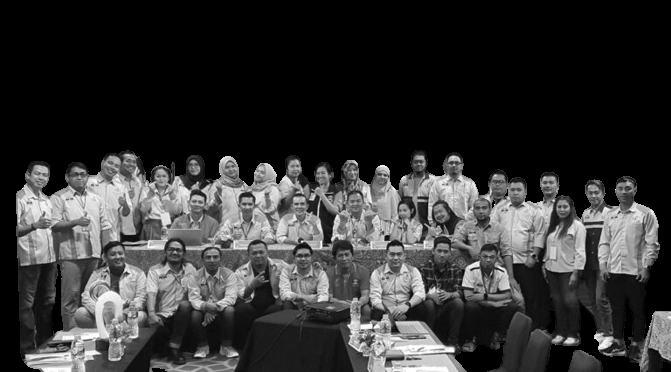
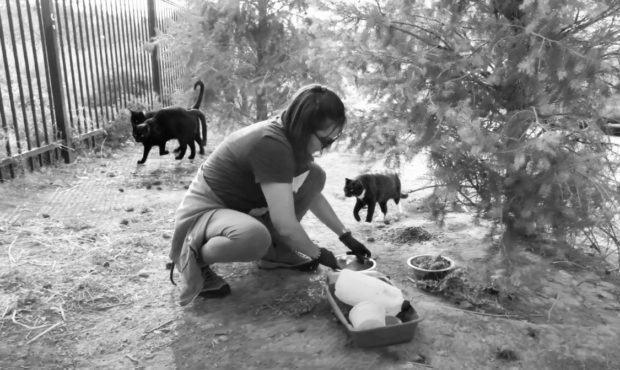
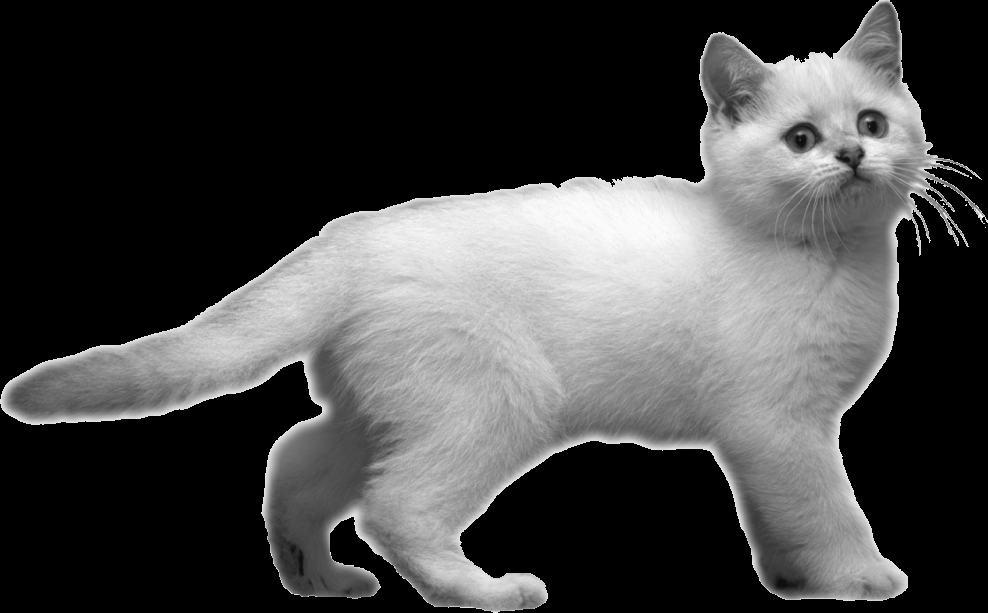
Ailurophile Community
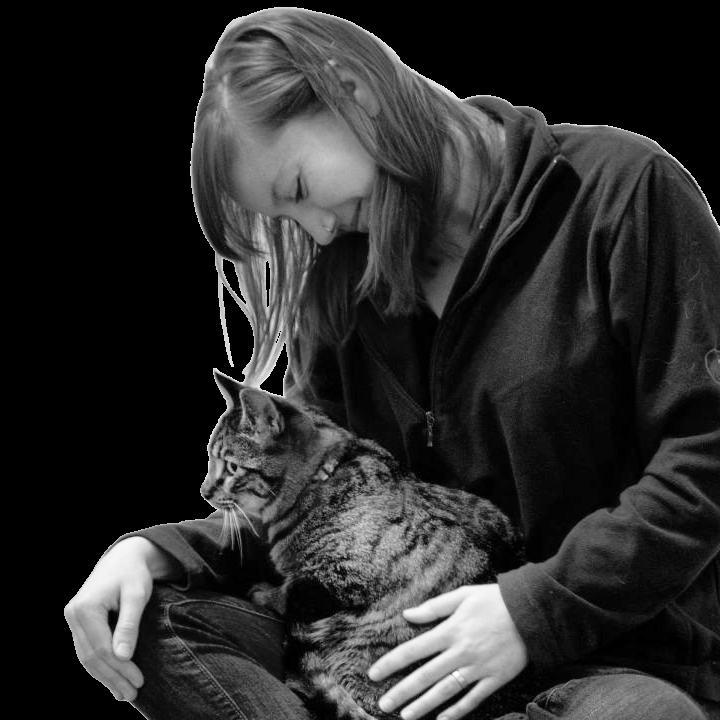
Human connection with felines began about 9,500 years ago, with the earliest evidence of a mutual relationship. The unique characteristics of cats captivate humans and foster an emotional connection between them. This bond has led to the formation of a community of cat lovers aiming for networking, sharing knowledge, providing supportive environment, and creating an entertaining. The essence of this community revolves around the well-being of cats and its members
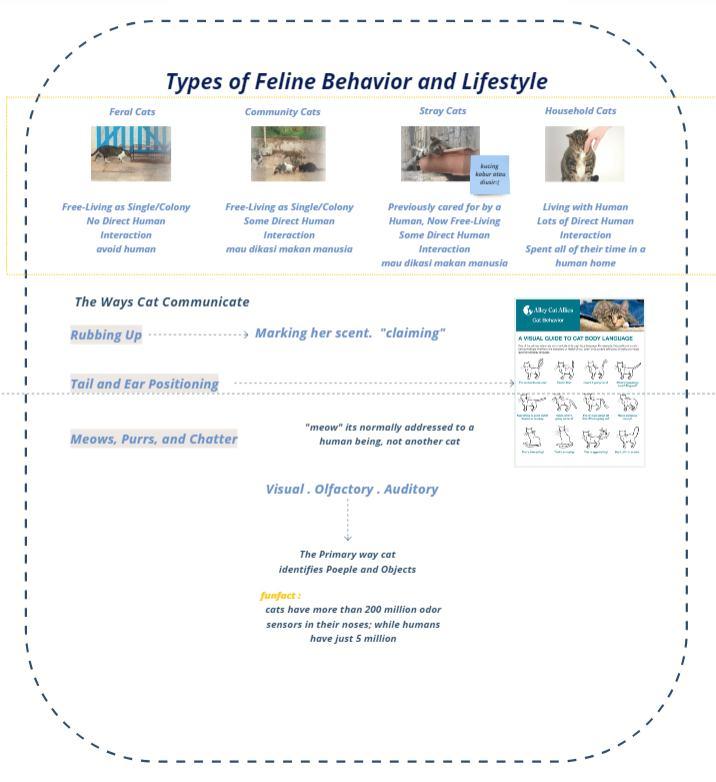
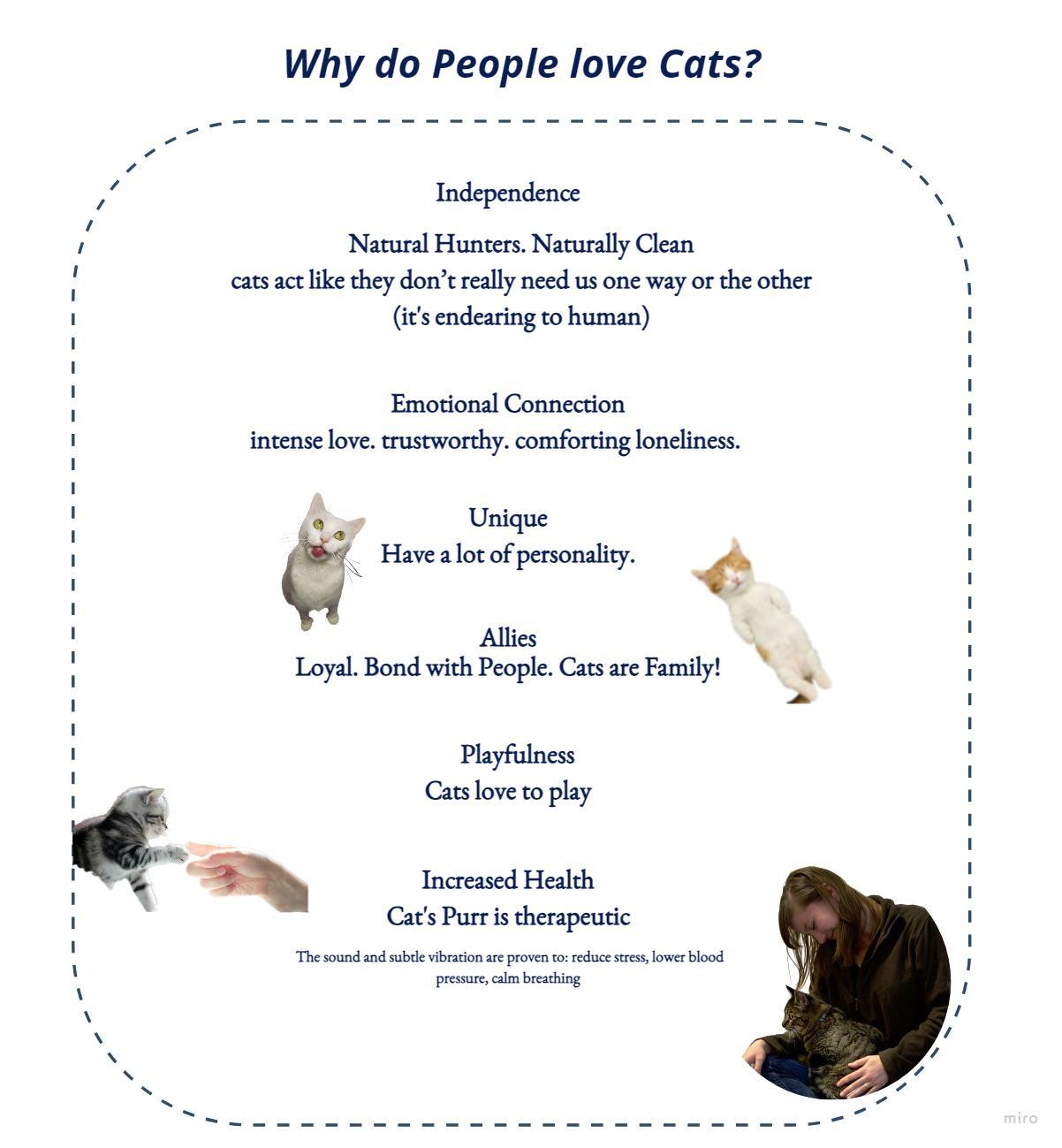
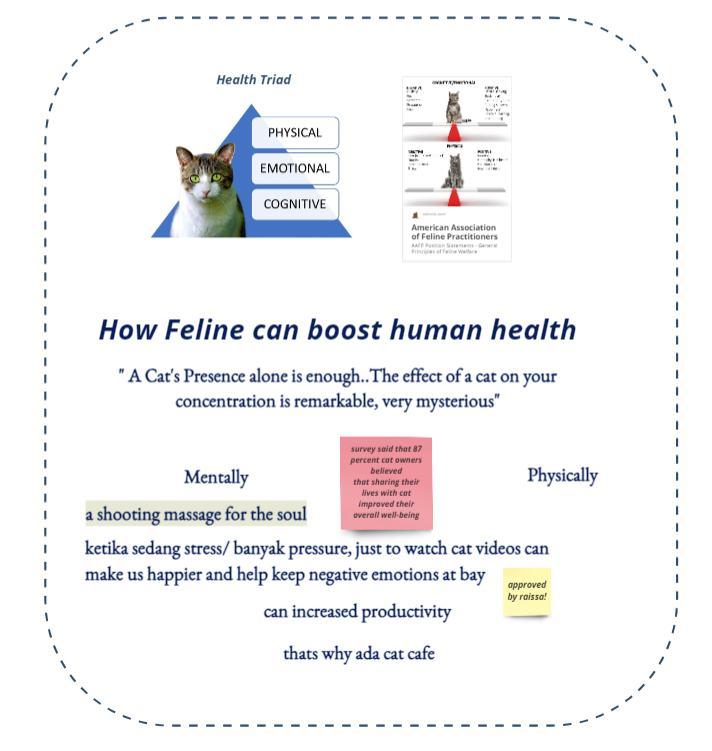
02 I Collecting & Analyzing Data
Community System: Activity, Actor, Space
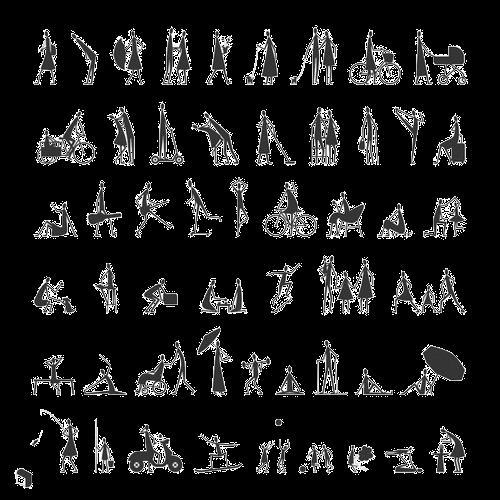











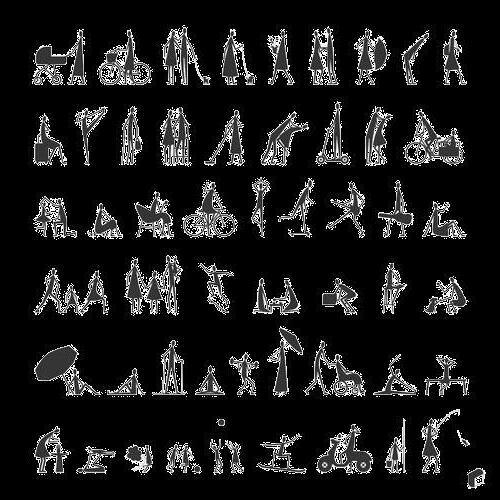



































Based on the goals of the activities and the conducted actions, it appears that one desired outcome is the well-being, for both humans and the cats themselves.








Well-Being Space
For Cats
Provide a Safe Place
Provide a Resources: Food, Water, Toileting, Scratch, Sleep
Provide Opportunity for Play and Predatory Behavior
Provide Human-Cat Social Interaction
Provide an Environment that respects the importance of cat’s sense of smell
For Community
Social Connection
Keep Active; Physical Activities
Take Notice; Mindful
Keep Learning; Gain Knowledge Give; Offering Help
Reading References
Urban Interiority in the Antropocene
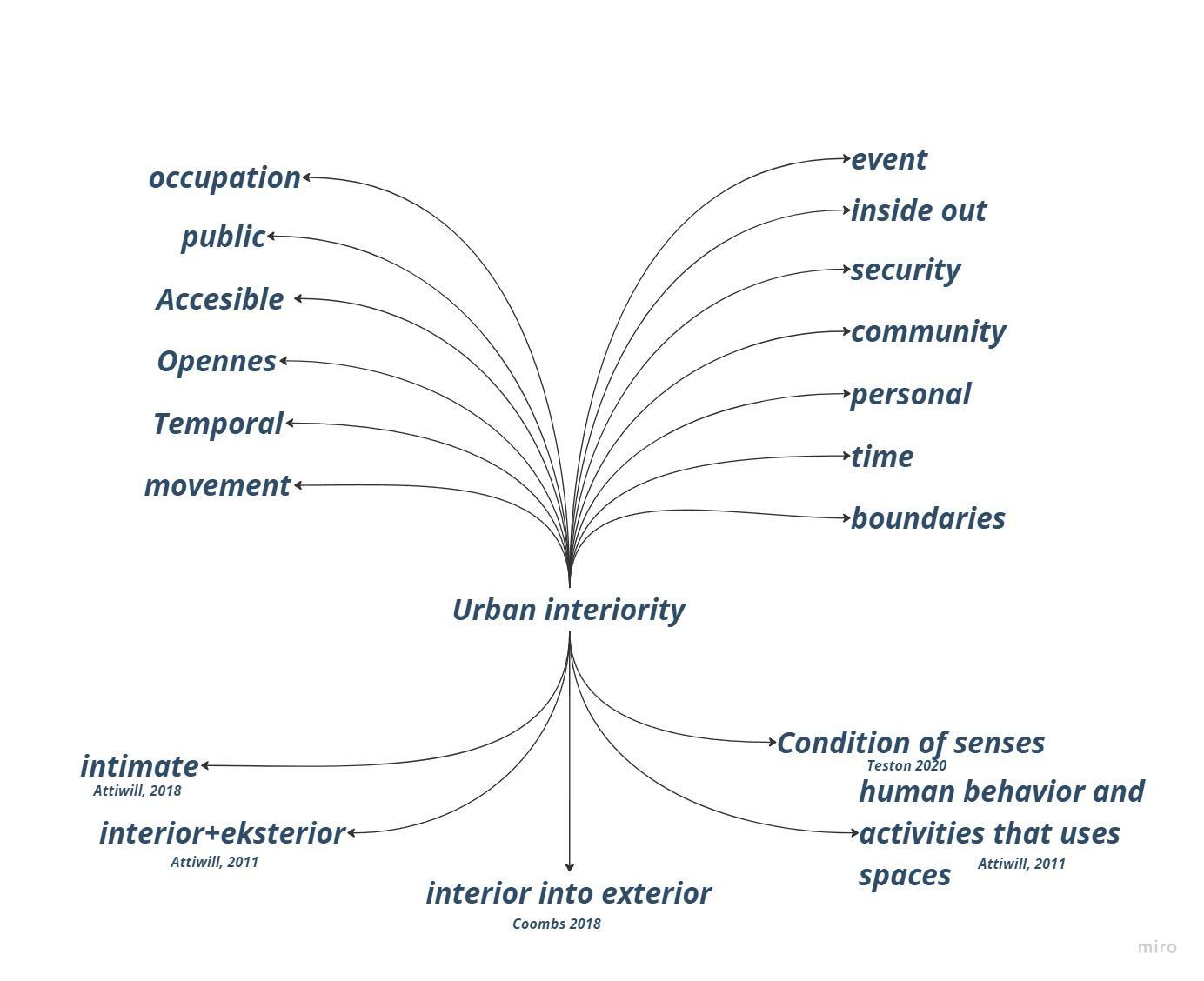
The Cohabitation of Humans and Urban Cats in the Anthropocene
cat living in urban environment as a natural part of the ecosystem. Every day, the wild urban outdoors is fraught with danger for our feral feline friends. Unfortunately, this affects the average outdoor cat’s lifespan, This indicates that cats also need to have a safe place in the midst of the city.
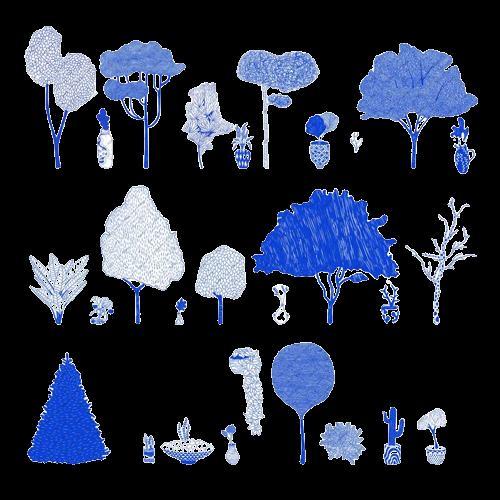
antropocene has dramatically made apparent the dominant posisition of humans toward other species. cities is not a human territory, but a home to a multiplicity of life forms. we have to change the paradigm from human centred urbanity to a multi-species



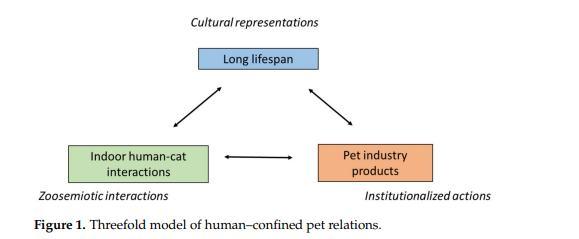





Inserting Non-Humans in Urban Interiority
Cities is not a human territory, but a home to a multiplicity of life forms. This well-being space has the aim to bring awareness that cat also need their space in the city. To change the paradigm from human centered urbanity to a multi-species. This allows us to perceive cats as an inherent component of the ecosystem.
Well being space : Cat Living in Urban
Advancing the well-being of multi-species in urban interiority in a form of spatial arrangement focusing on the interaction between humans and cats
Creative Program: Well-being Space
ECONOMIC SPACE
providing spaces that can support the economy of both the community and the public
Health Space
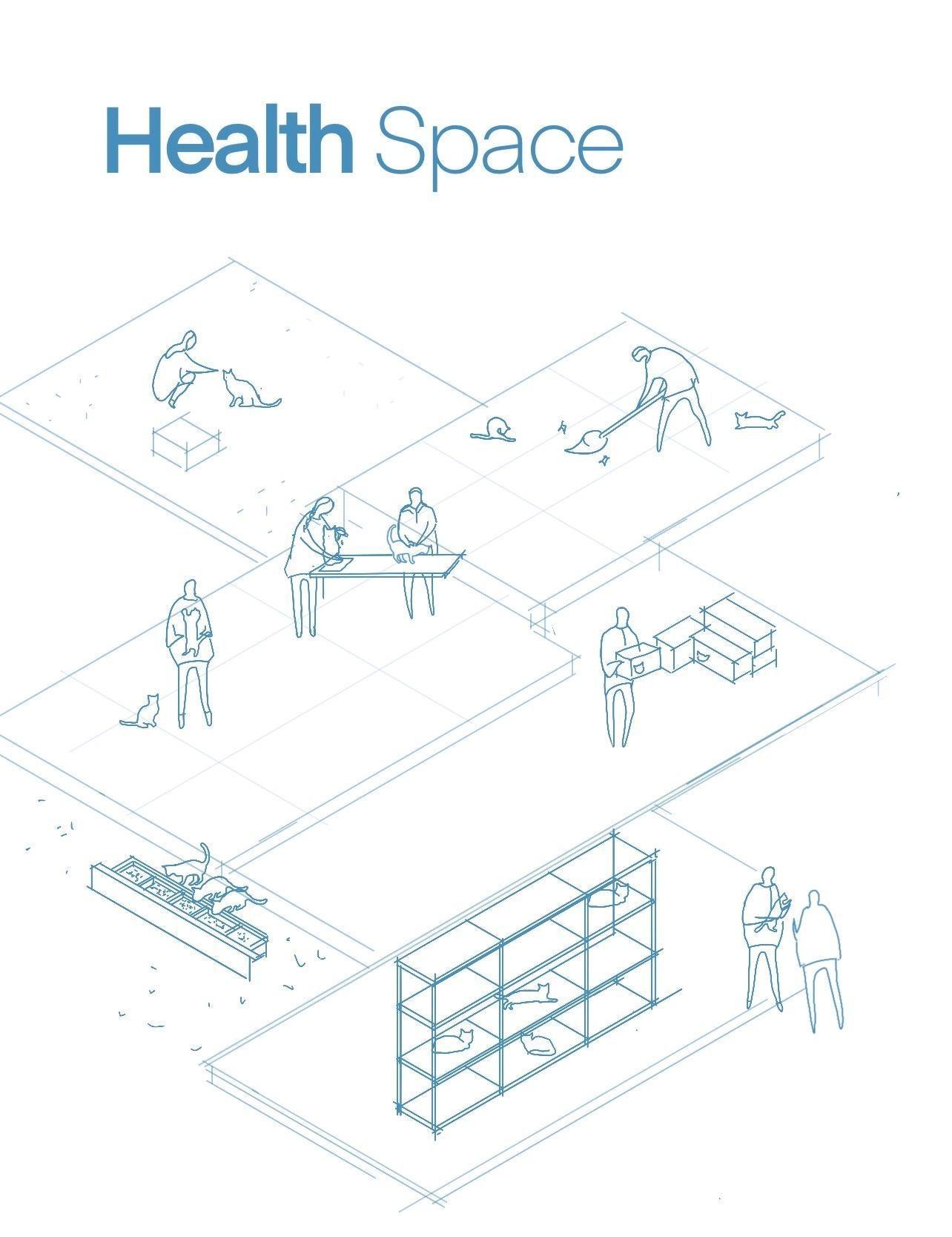
HEALTH SPACE
The space that can actively contribute to the service and health care for cats, contributes to a better understanding within communities about health and caring.
COMMUNAL SPACE
Space that provide opportunities for social interaction and can facilitate the development of communities
Economic Space
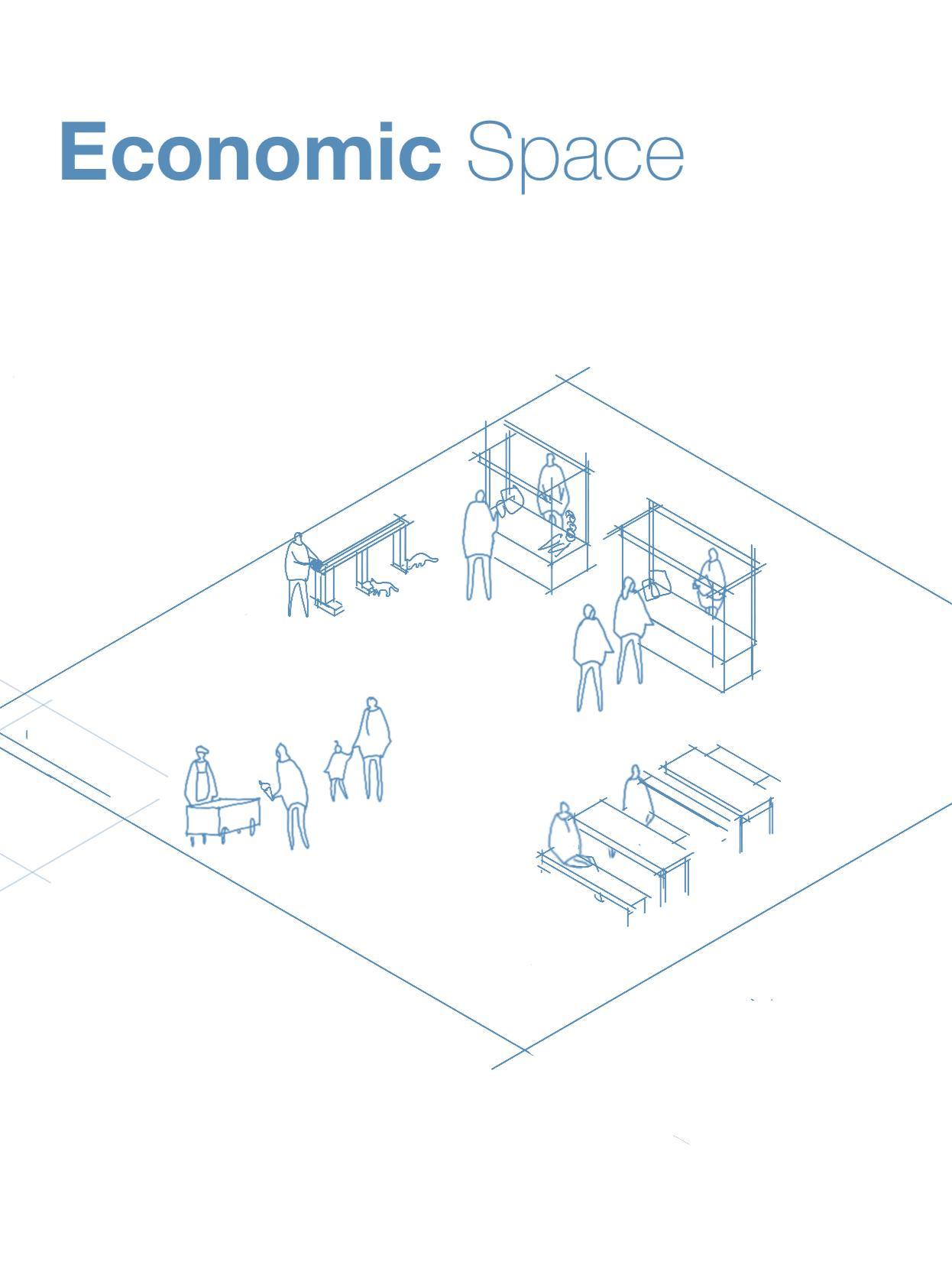
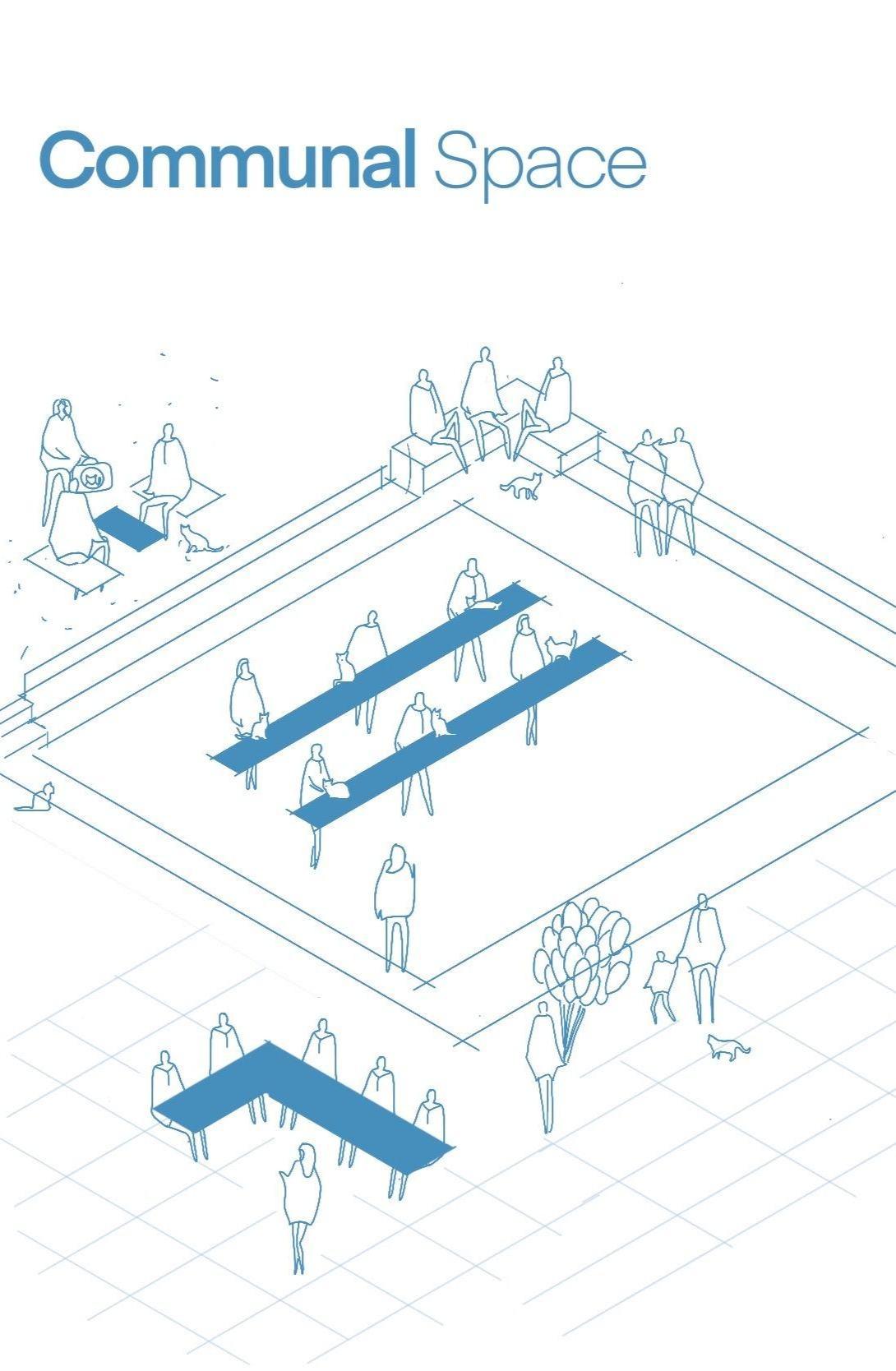
Communal Space
Interaction Space
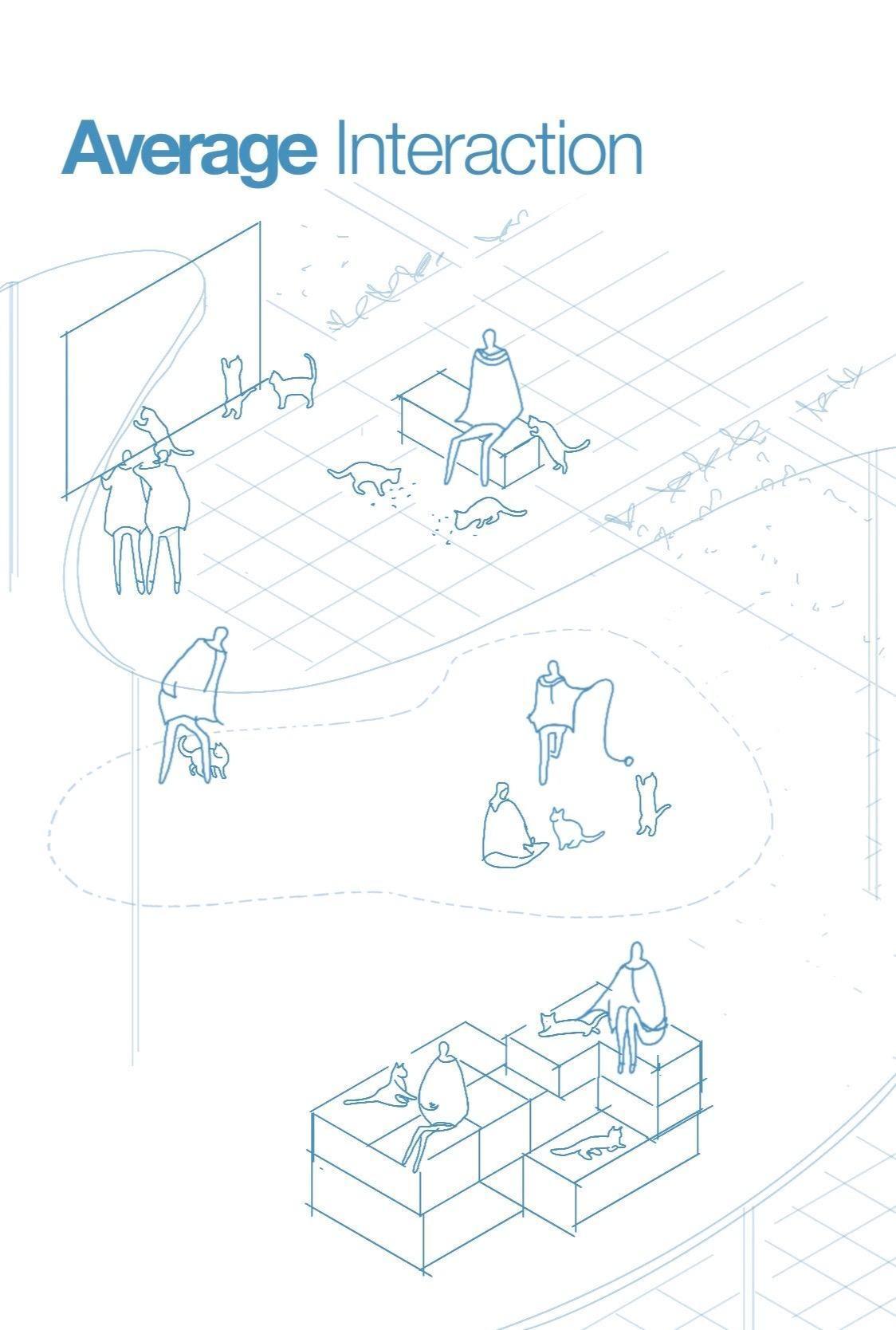
INTERACTION SPACE
Create setting that can influence interaction Human-Human, Human-Cat, Cat-Cat by Visual, Scent, Vocal, Physic. Type of interaction : Positive-Consistent-Predictable.
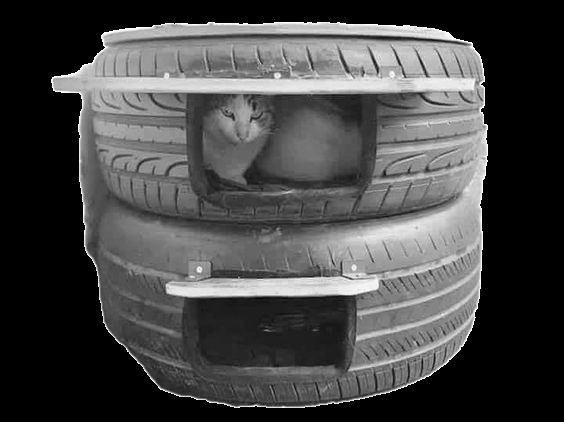
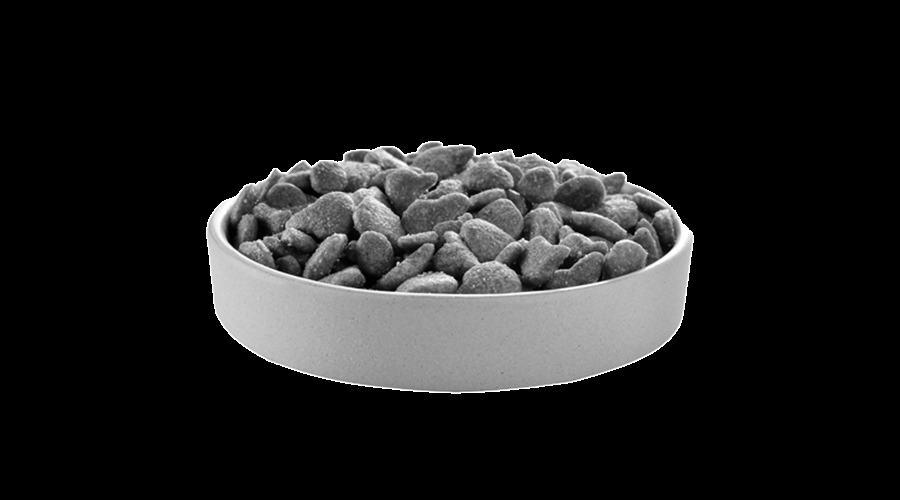
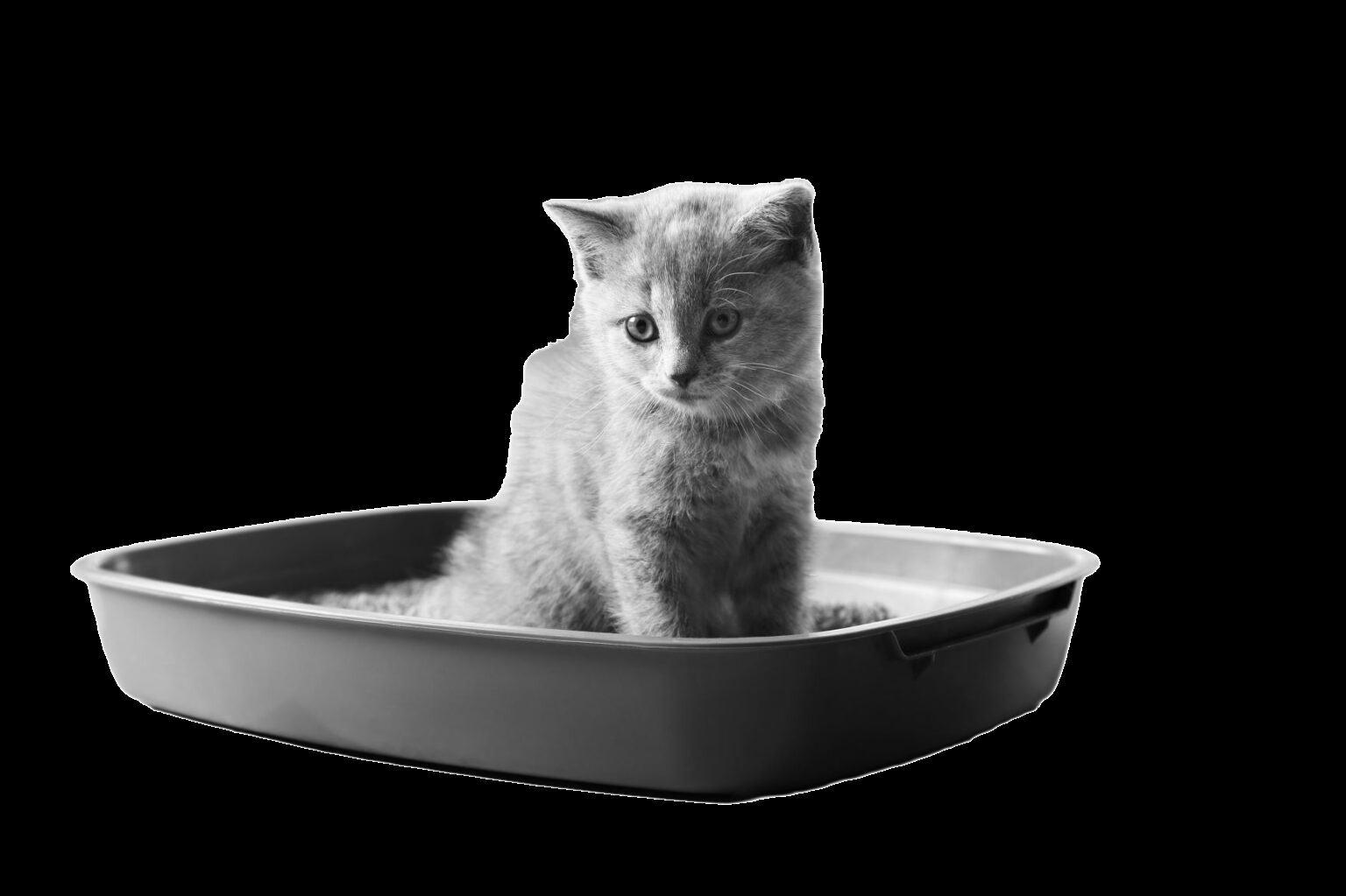
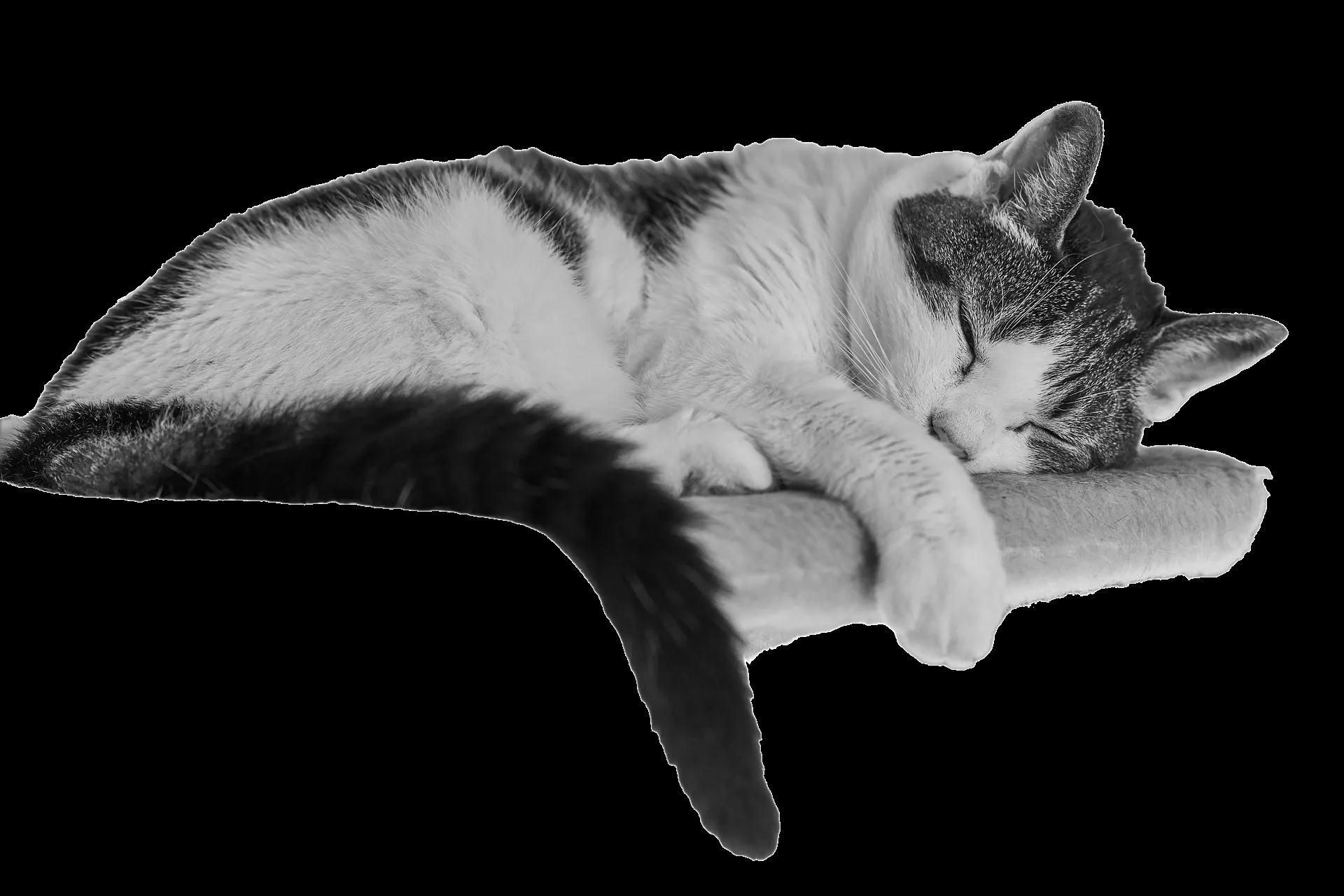
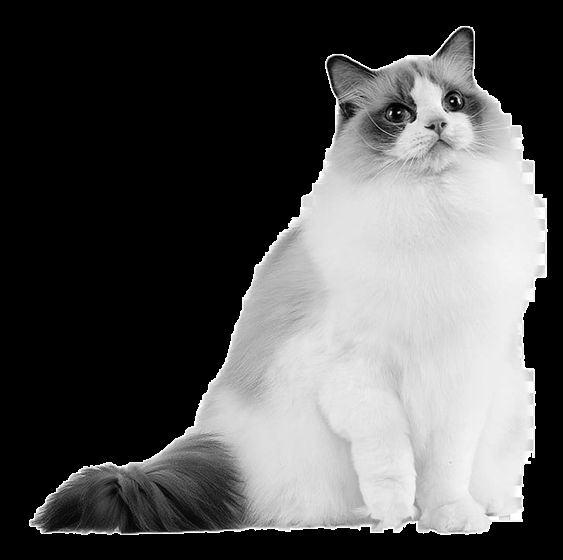
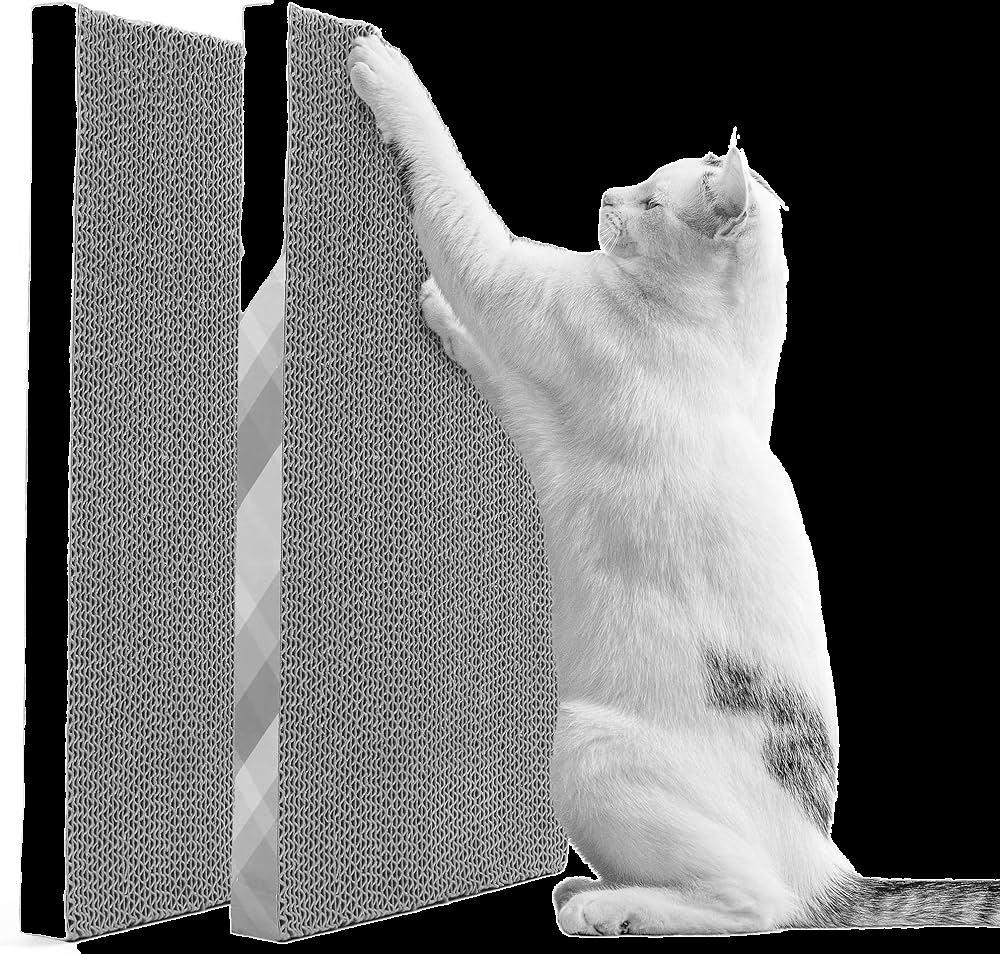
language colorblind:blue, grey,yellow
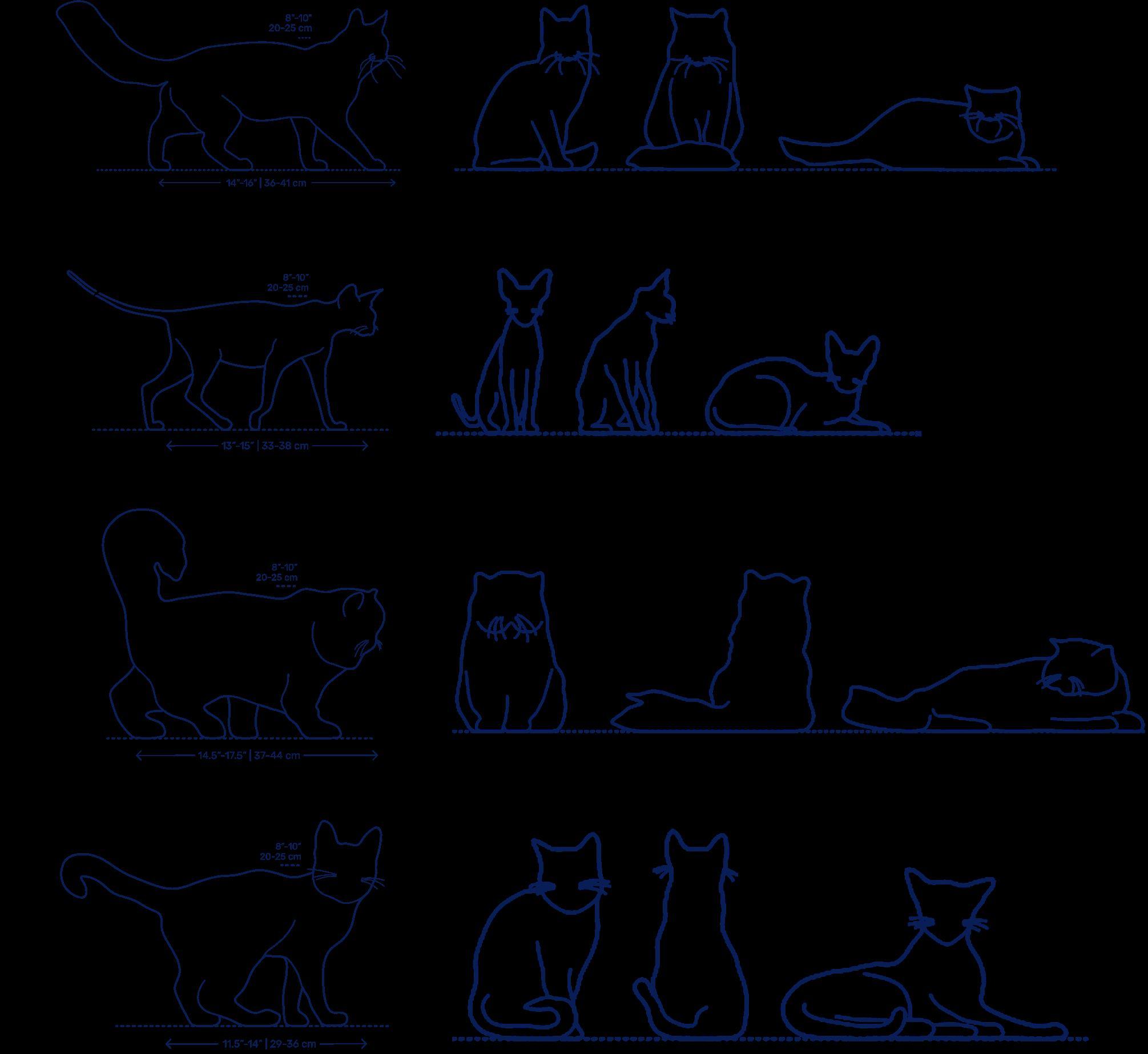


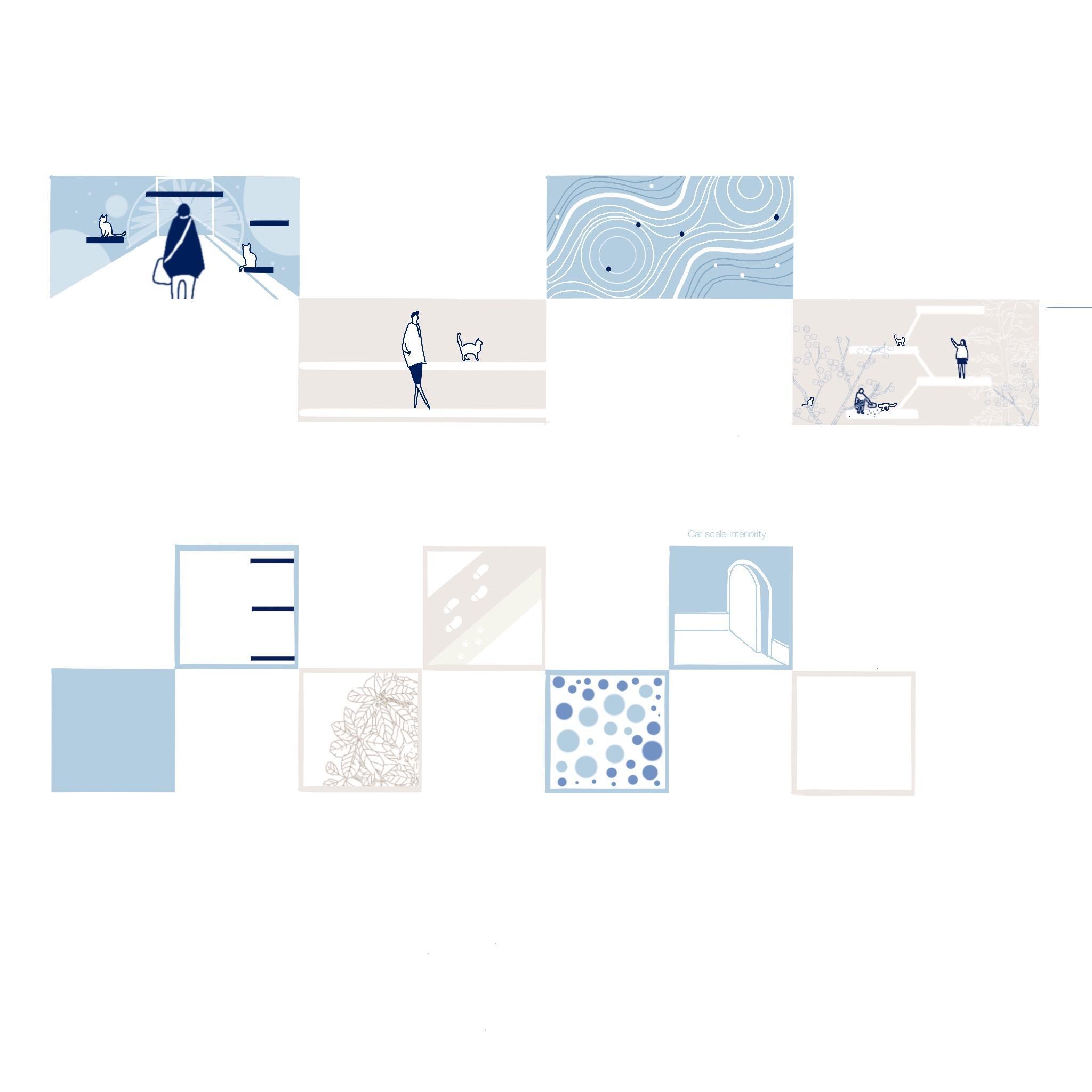
Spatial Possibilities

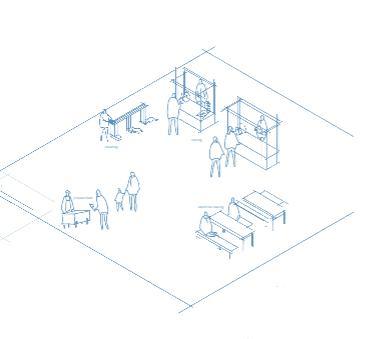



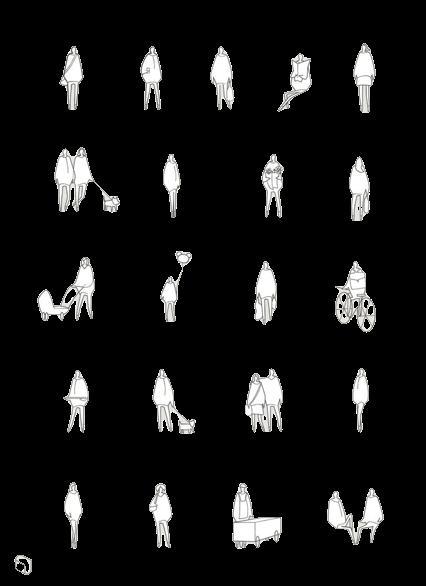
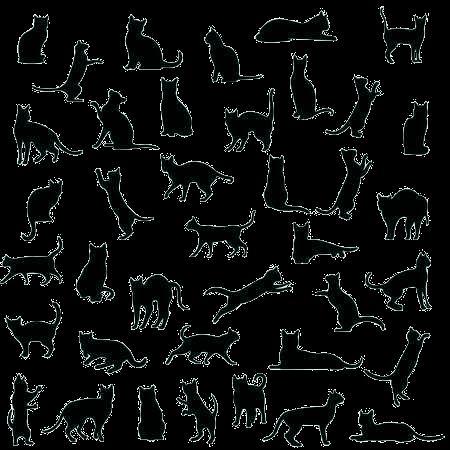

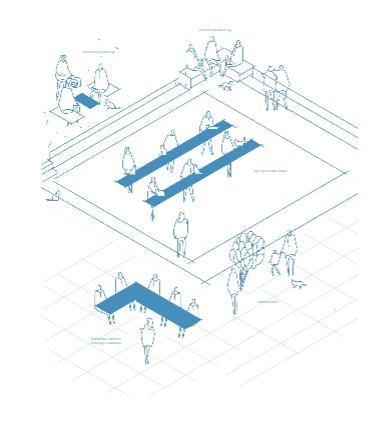

















Existing Urban Conditions
Location
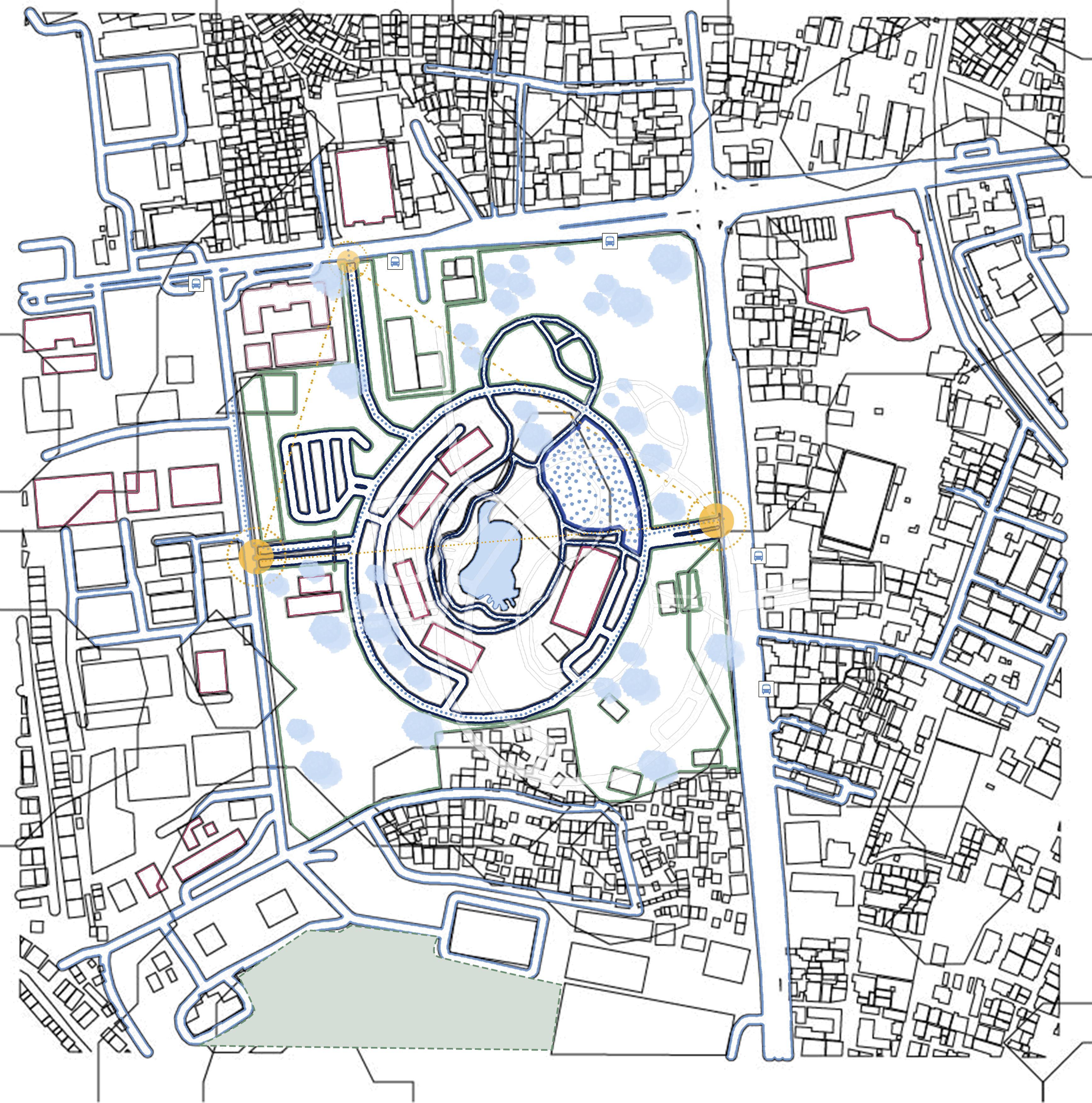
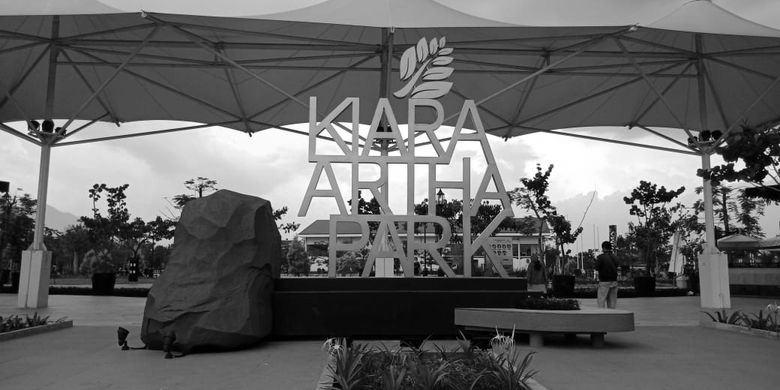
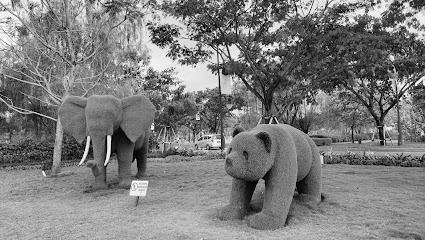

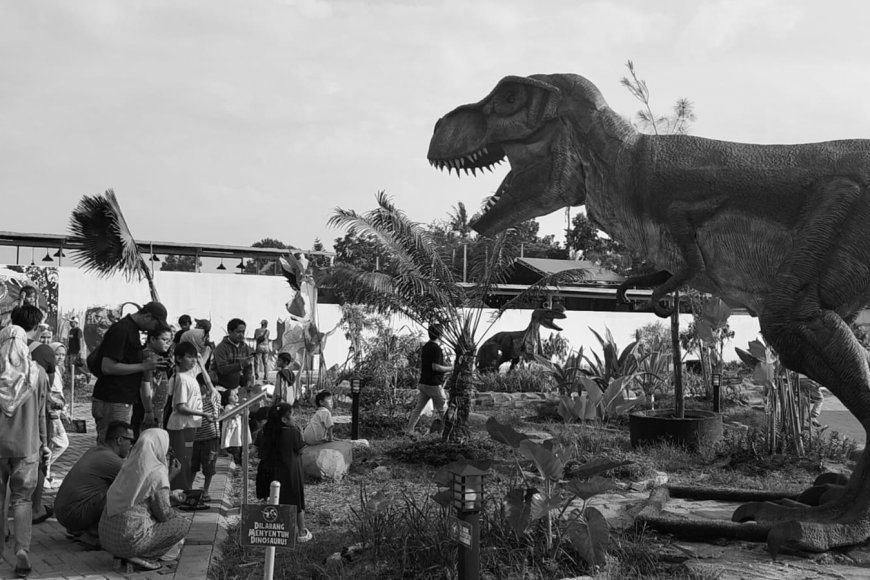

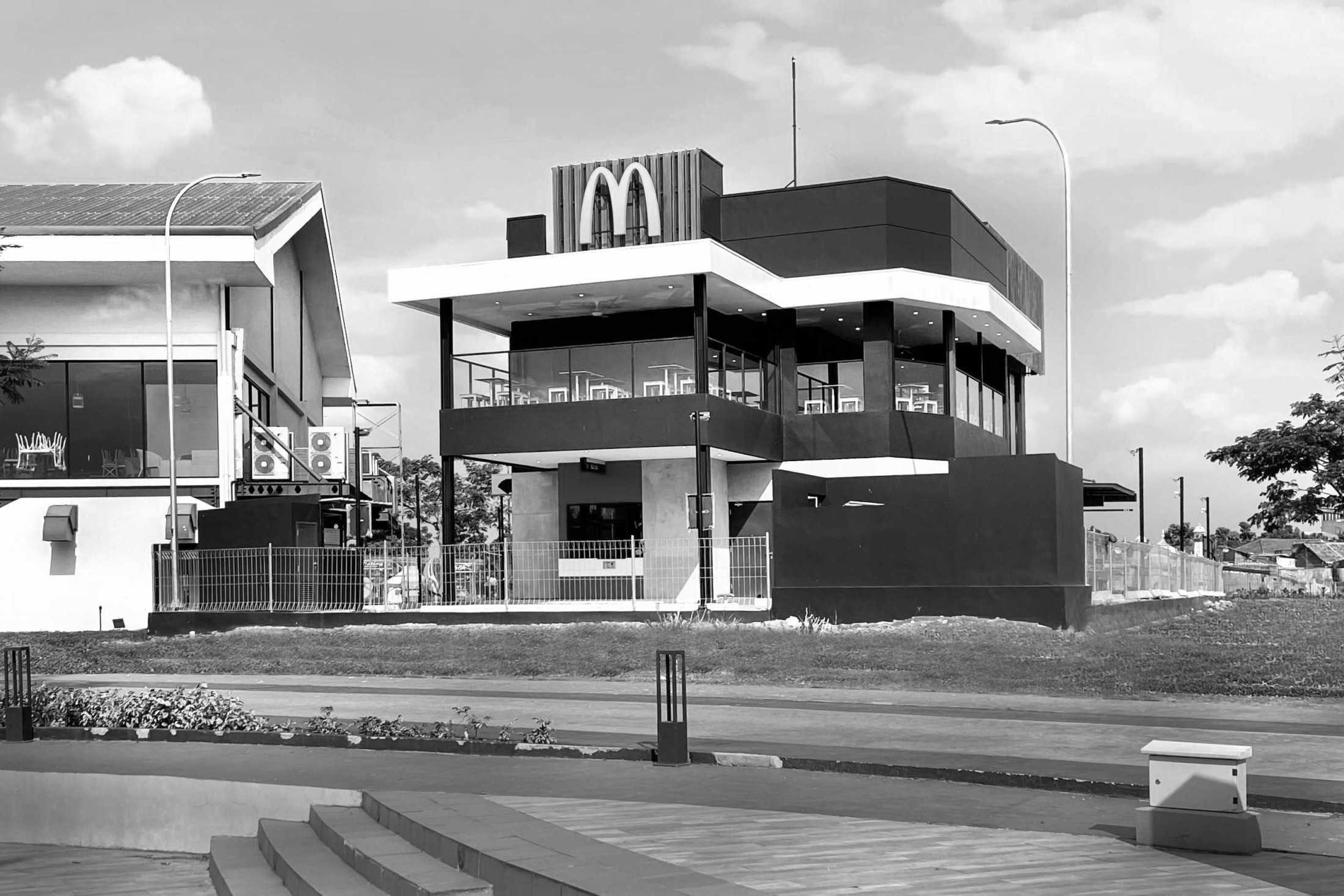
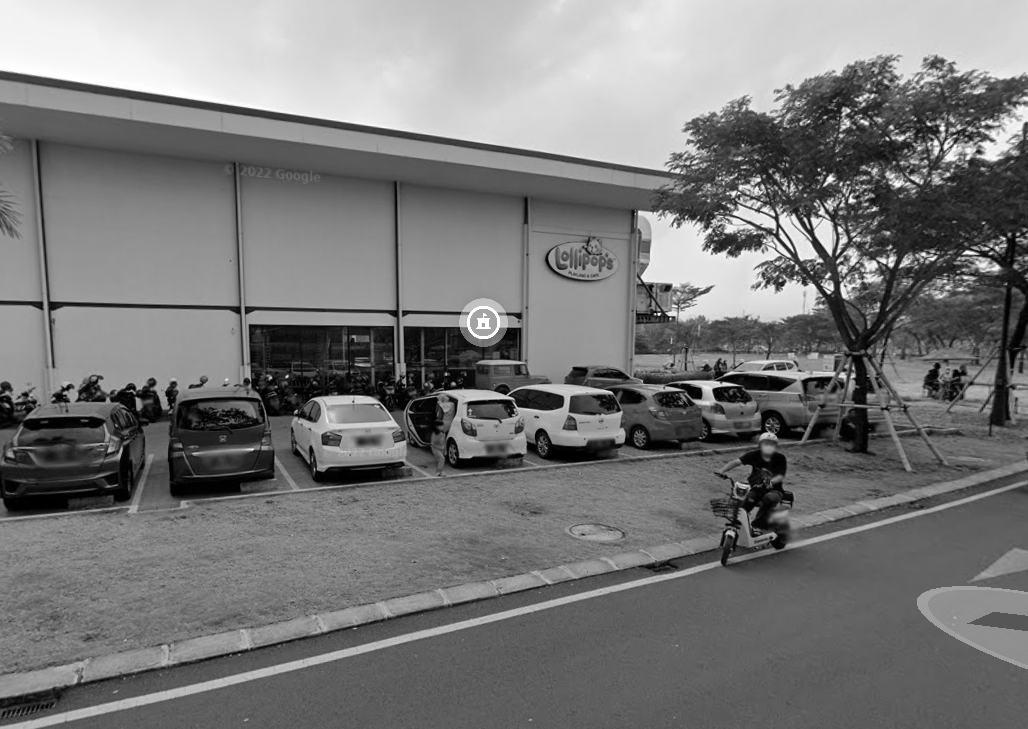
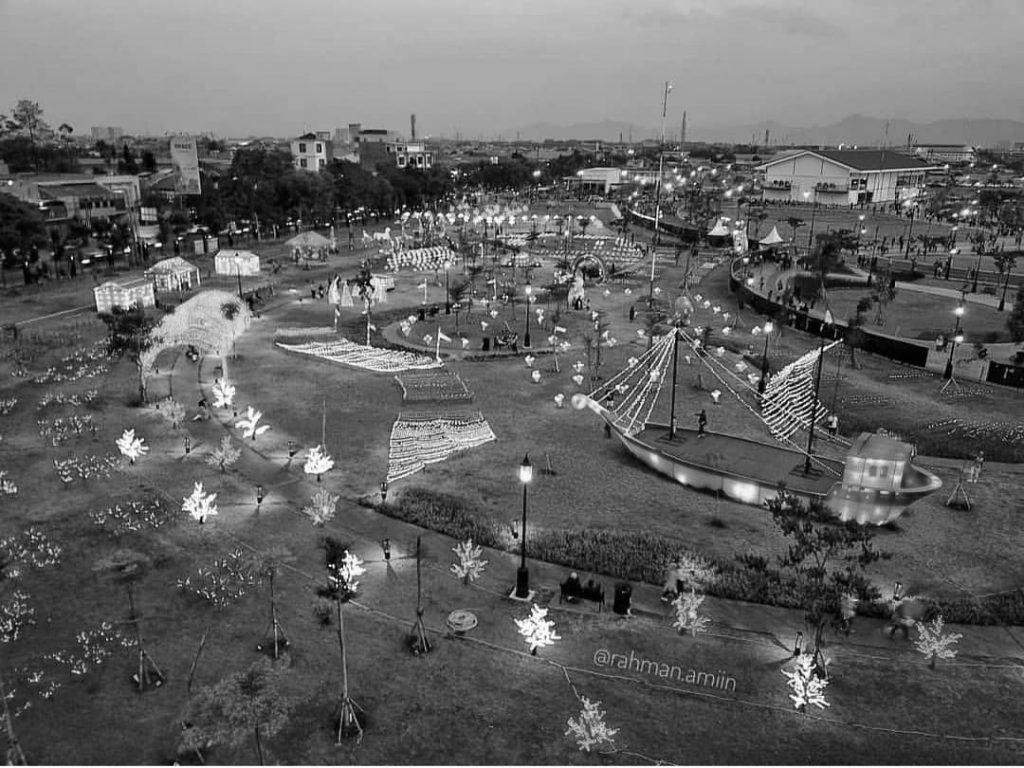

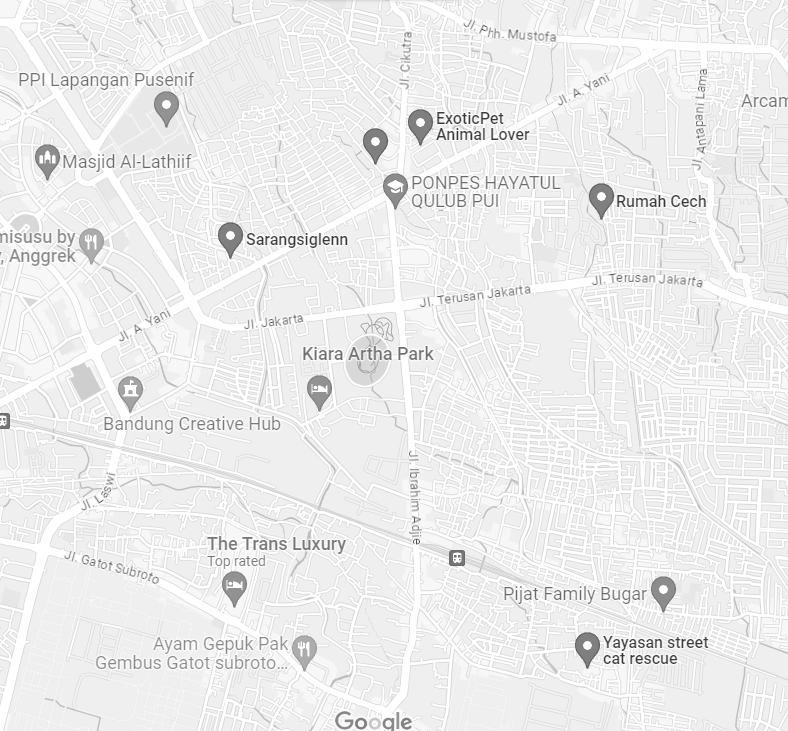





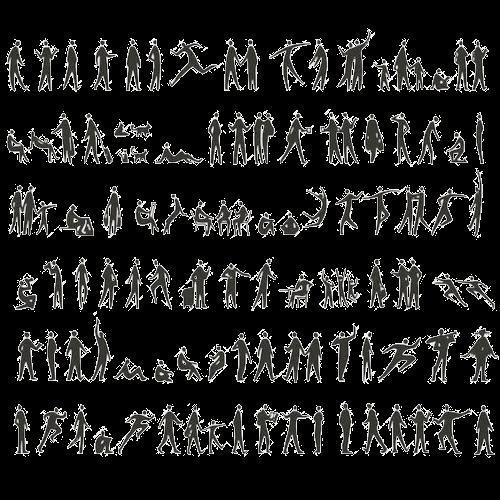




Area : 3012 m2
KDB : 40% = 1204 m2 Type of contour : Datar
The chosen site is located in Kiara Artha Park in Bandung. The consideration in selecting this site stems from assessing the essential requirements and factors to avoid for both human and cat needs. Kiara Artha Park is a themed park featuring fountain shows and numerous other facilities. This park serves as a public space for exercising, relaxing, and gathering communities


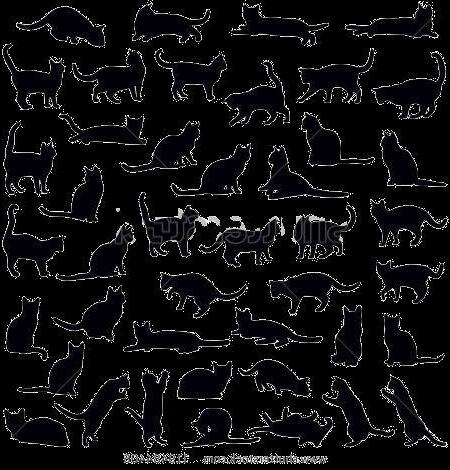

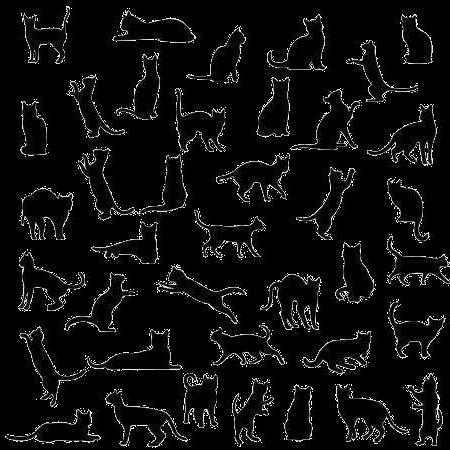


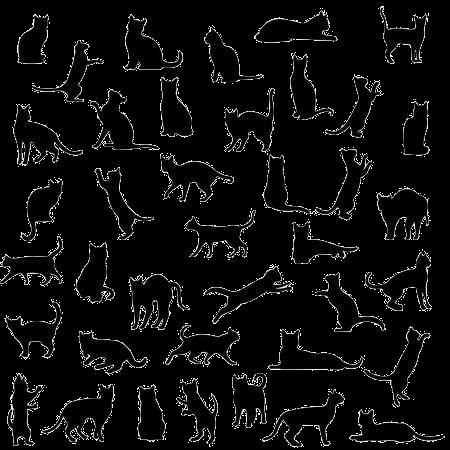







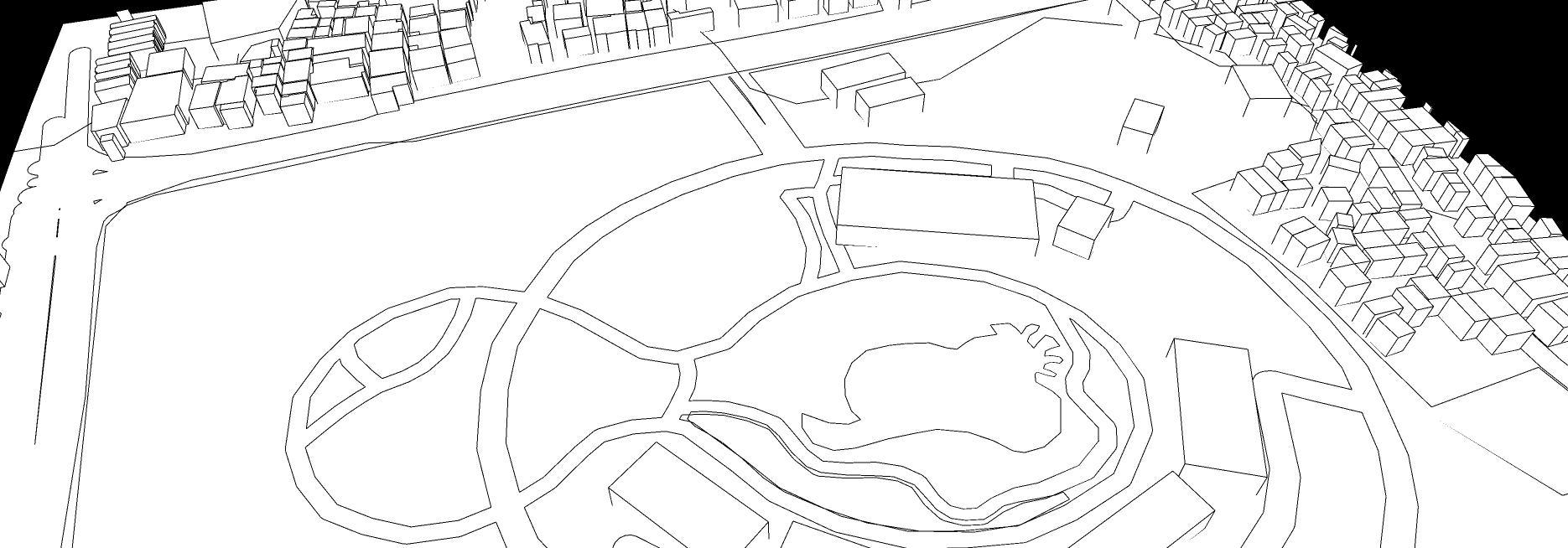







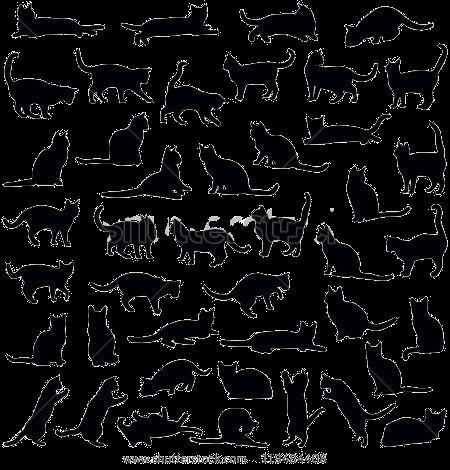





Health Space Activity
Health Treatment
aminatio treatmen rehabilitation
Grooming
Memandikan kucin
Mengeringkan kucin
Memotong kuku kucin
Memakaikan parfum
Reception
Training
Storage
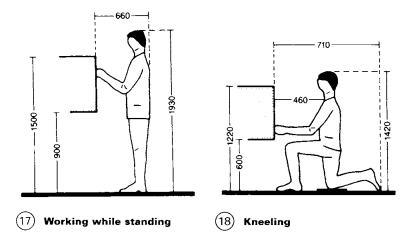







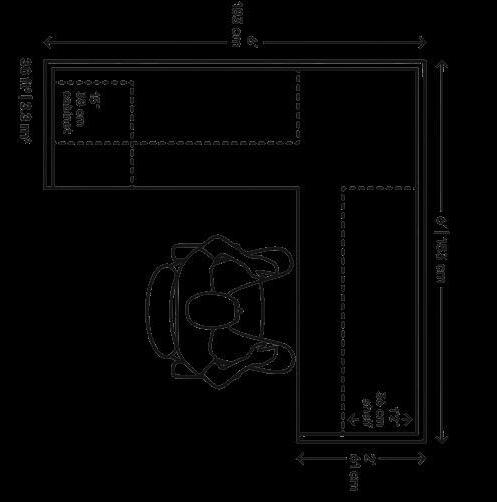
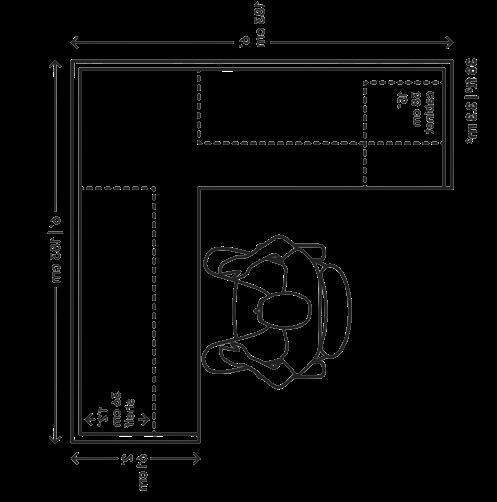
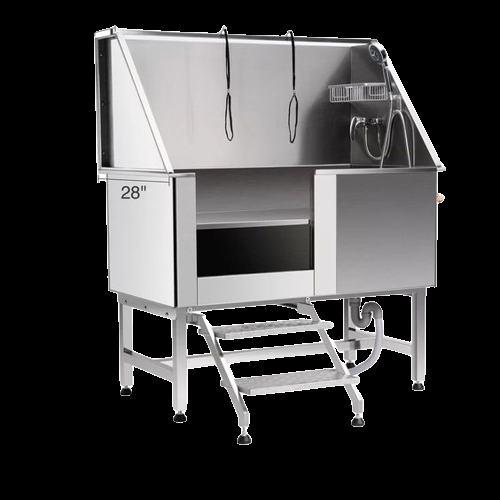
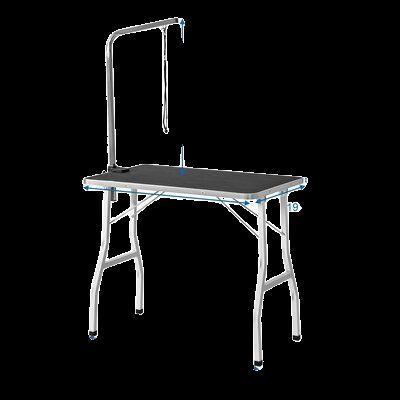
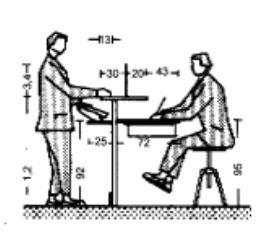
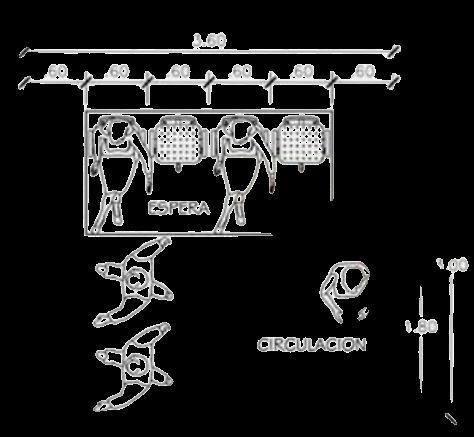
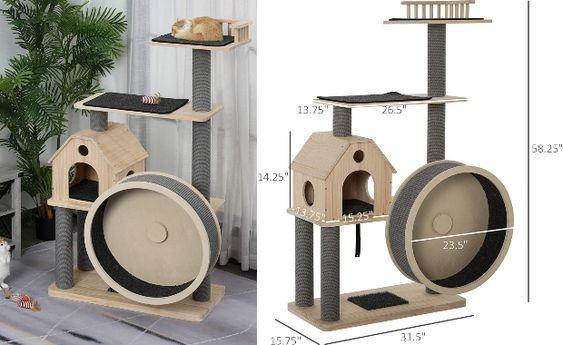
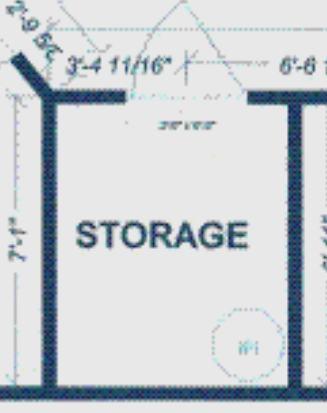
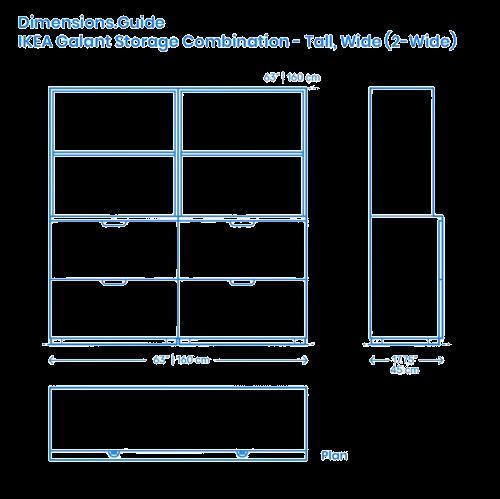

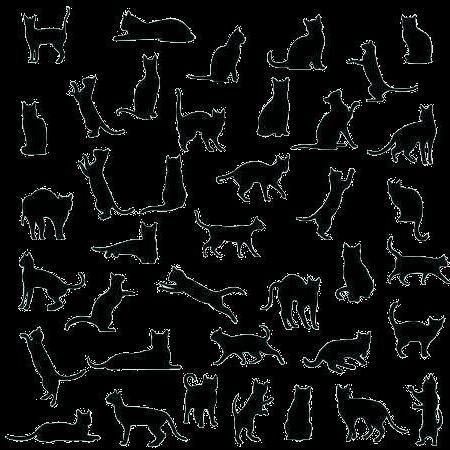















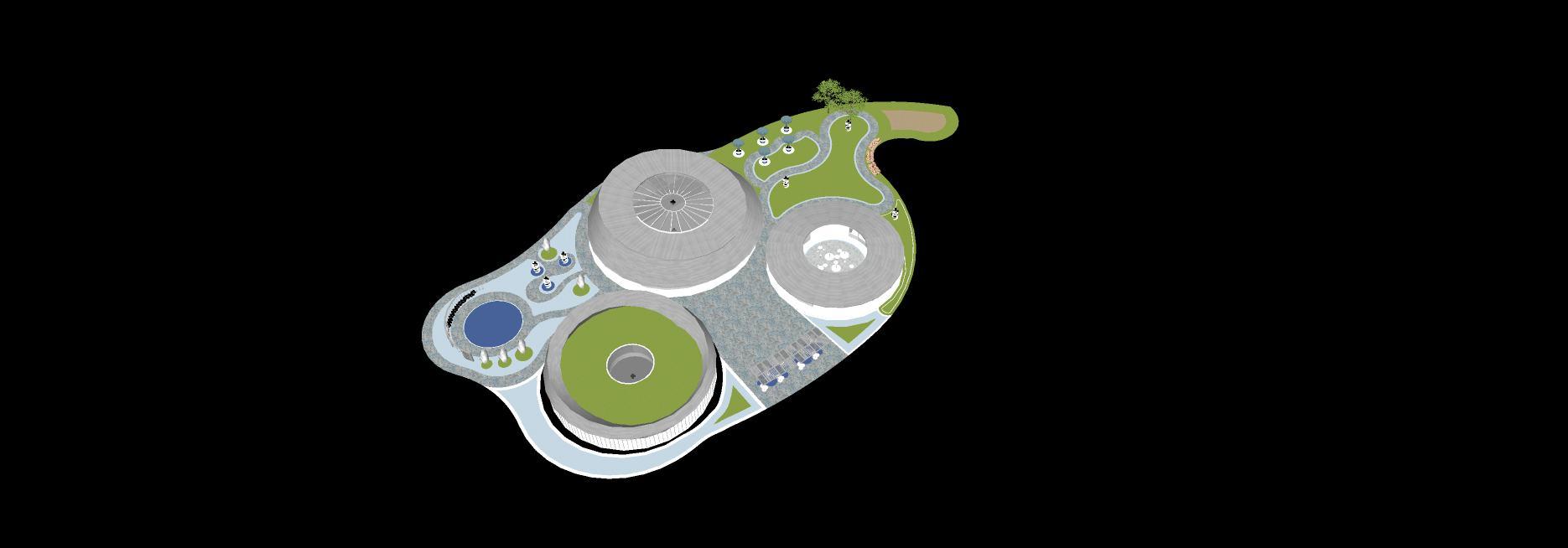
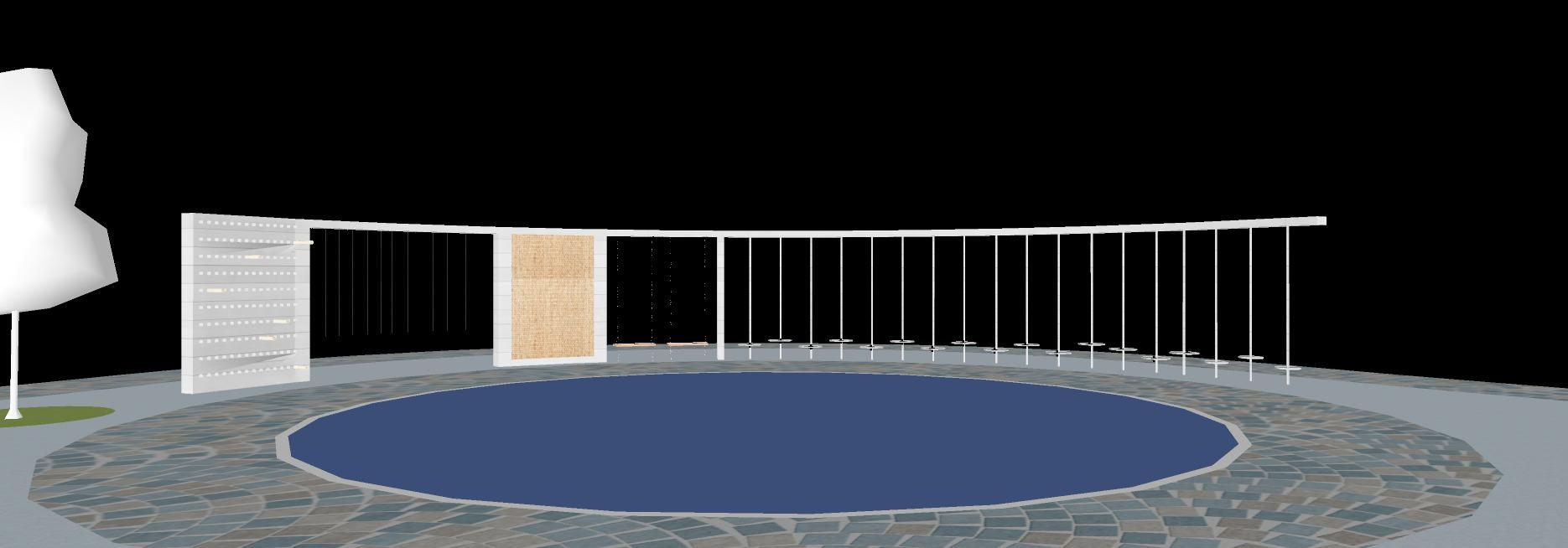
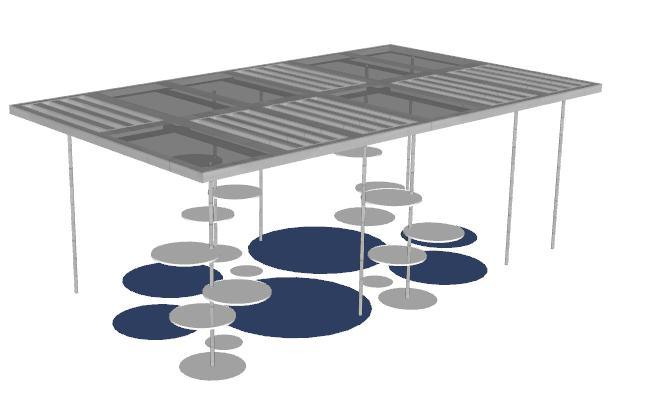
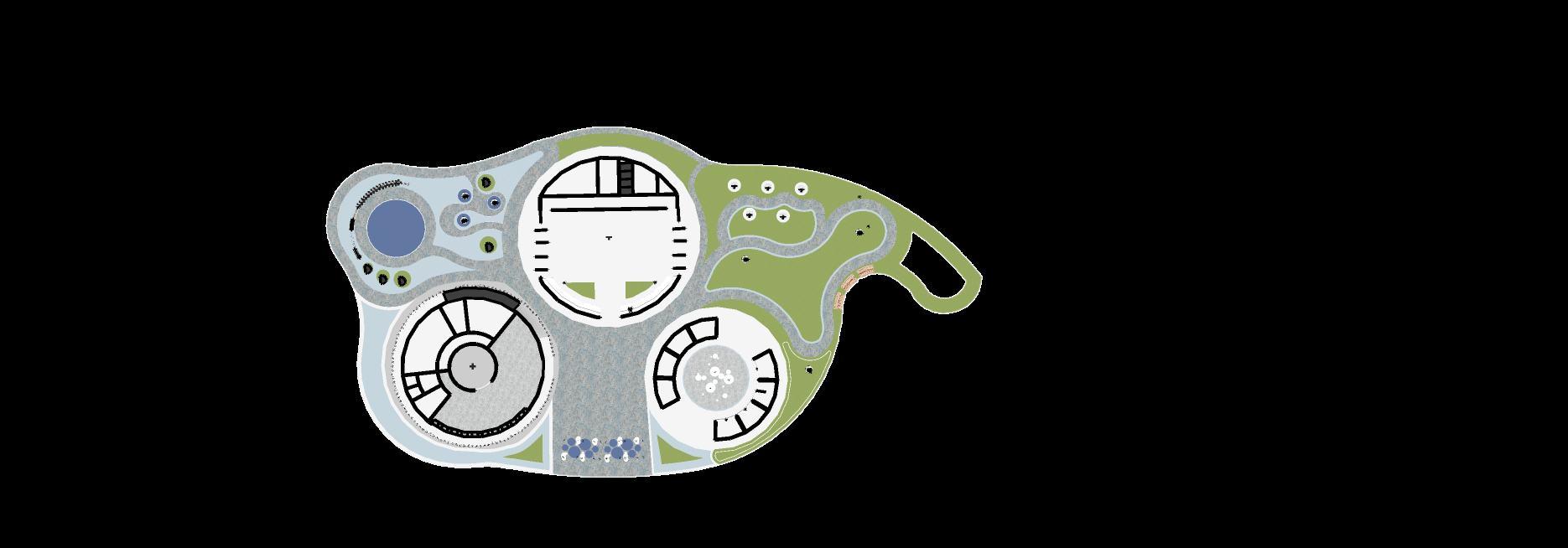
Int raction S ac (Lo
H alth S ac
Communal S ac
Economic S ac
Int raction S ac (Av ra -Hi h
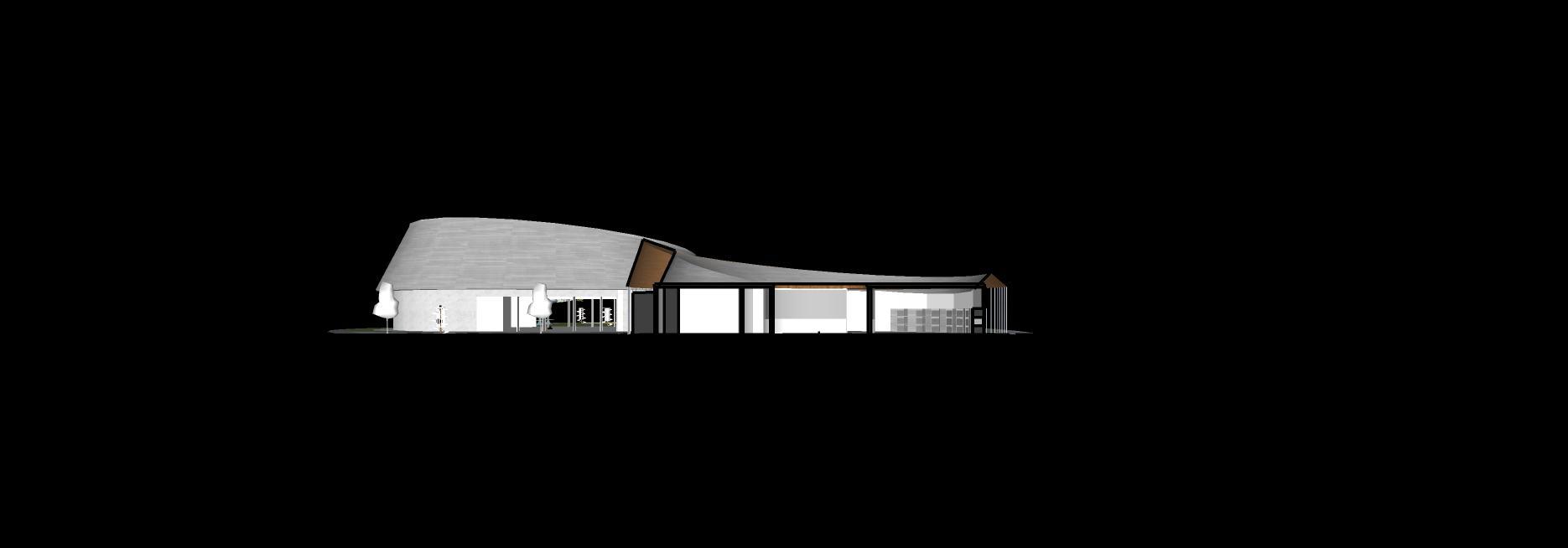
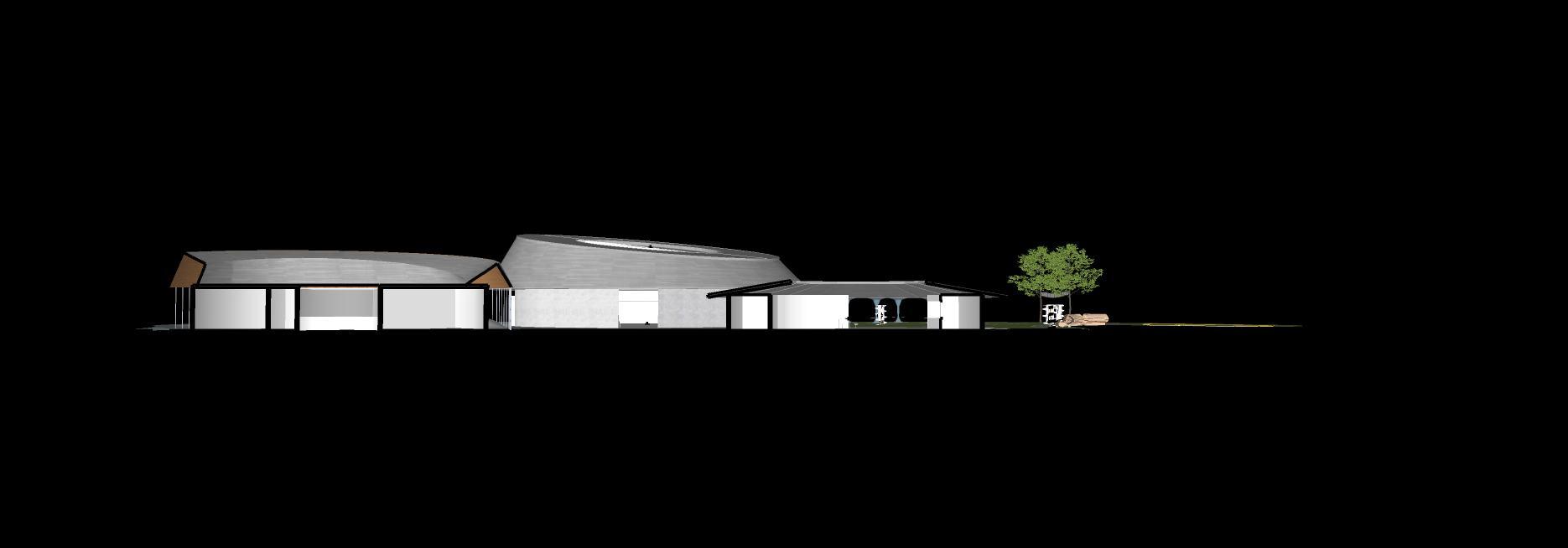
A well-being space provides for the needs of both humans and cats, with every aspect of its design involving human aspects, specifically the community of cat lovers, as well as the cats themselves. This is intended to be an idea for the future so that humans become aware once again that there are other species living in urban environments that also require attention
